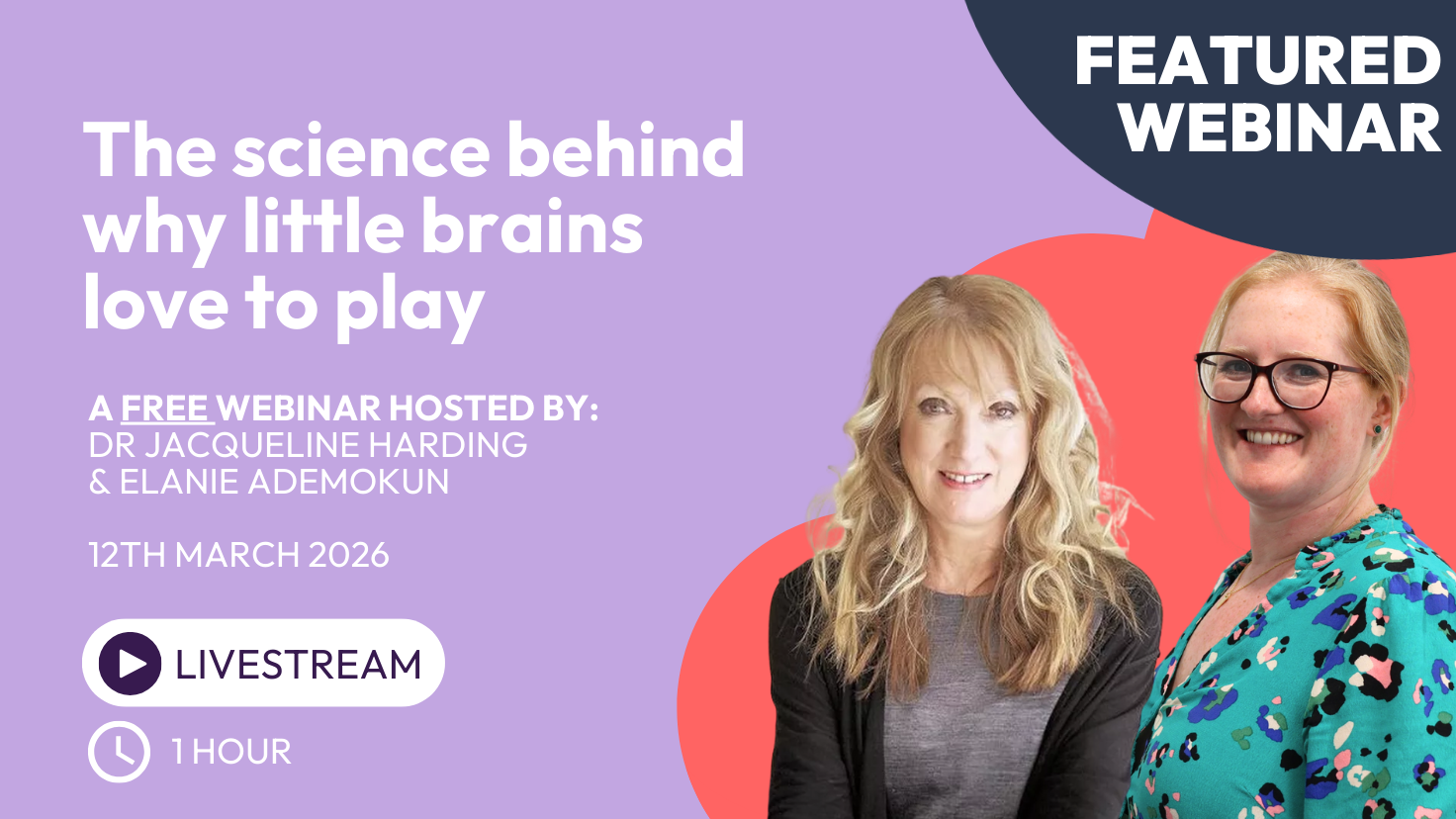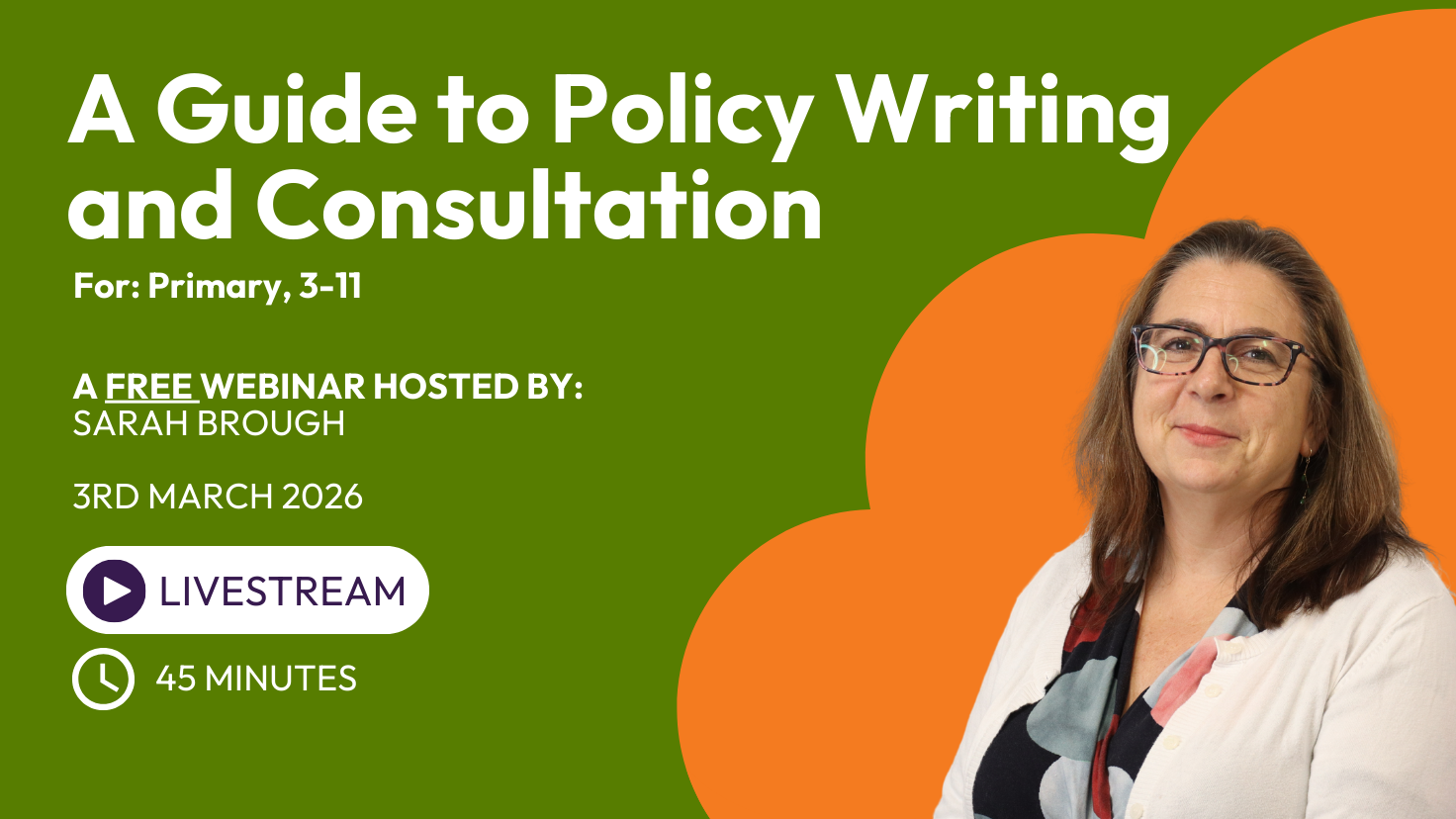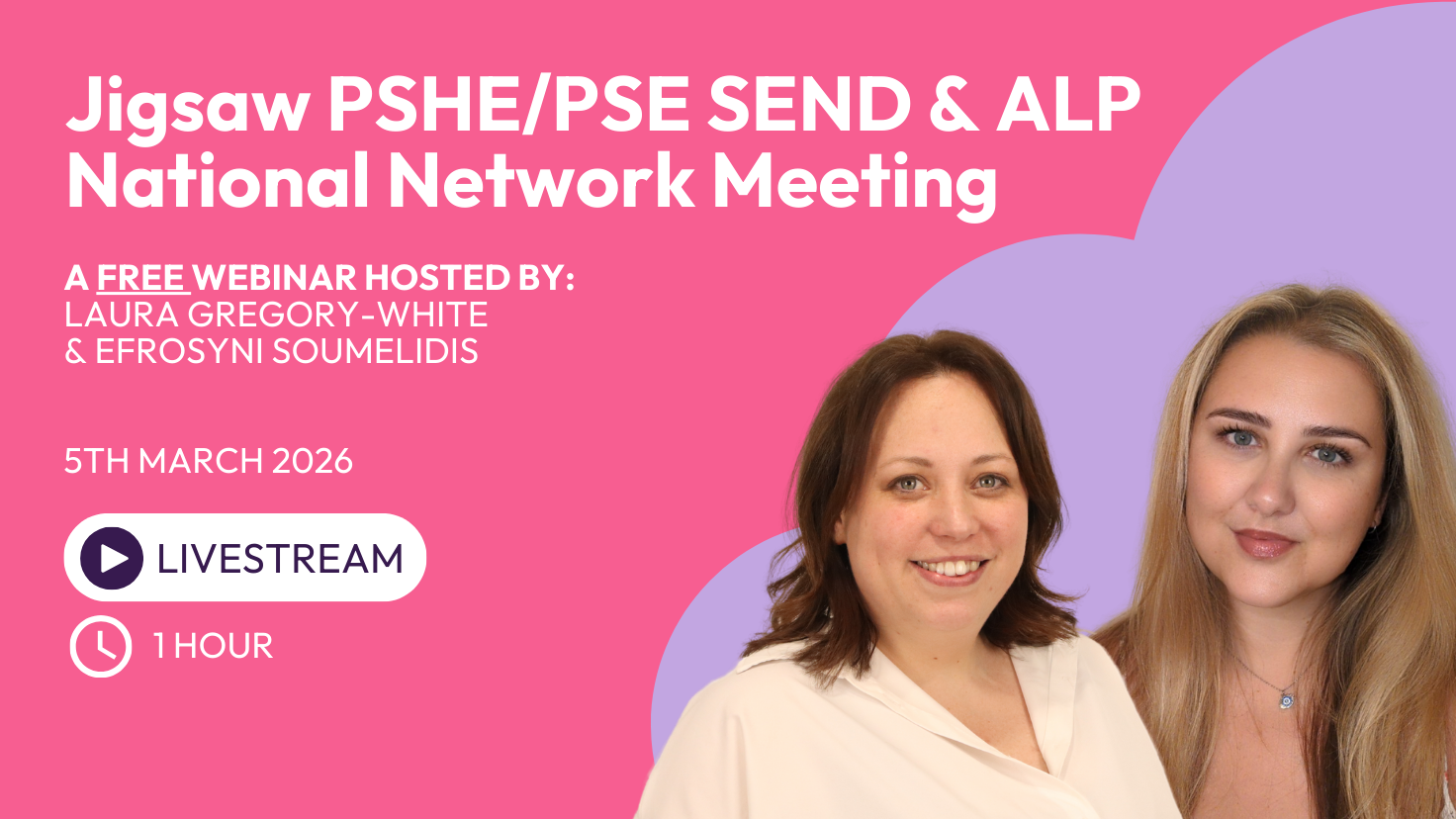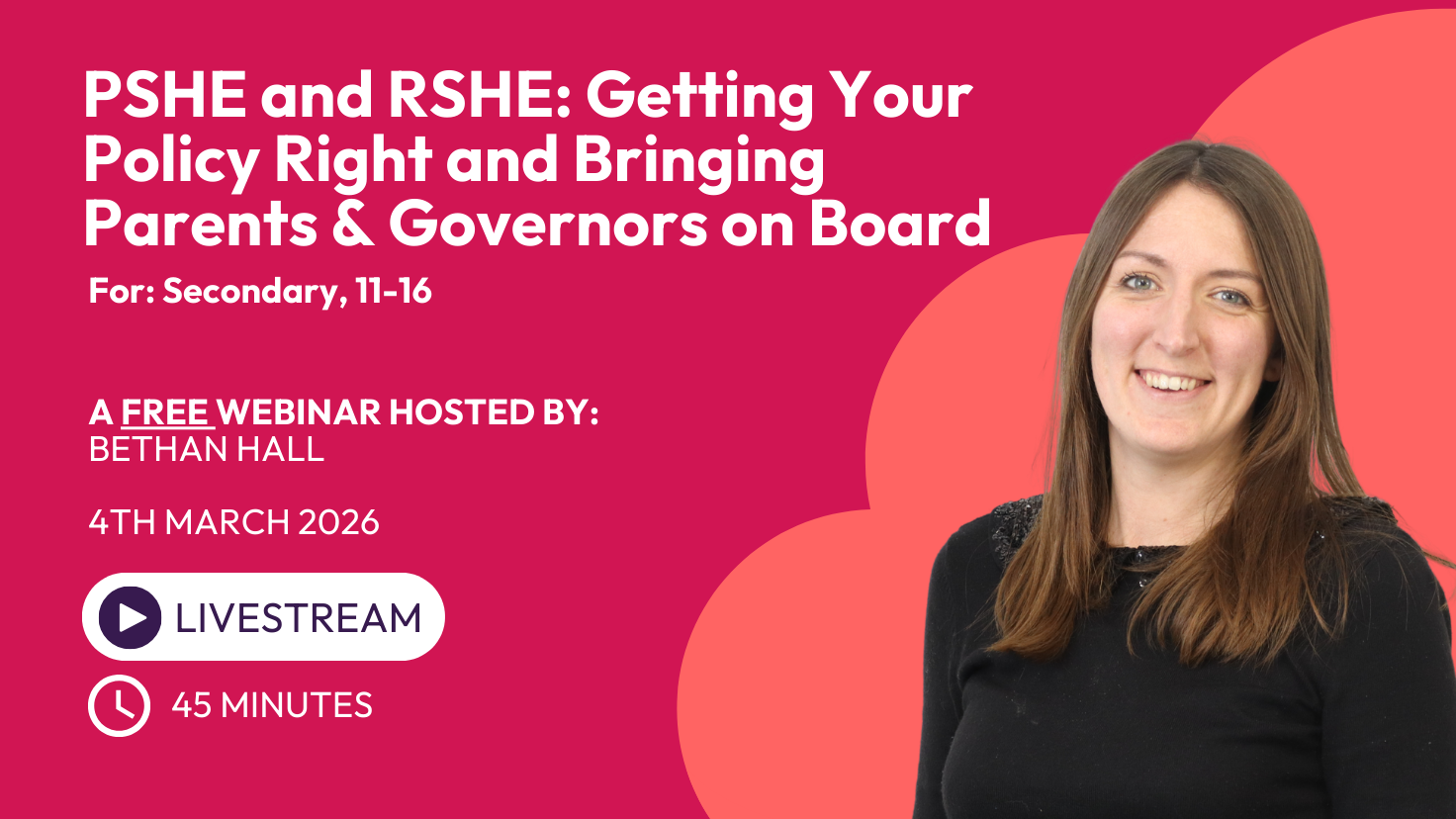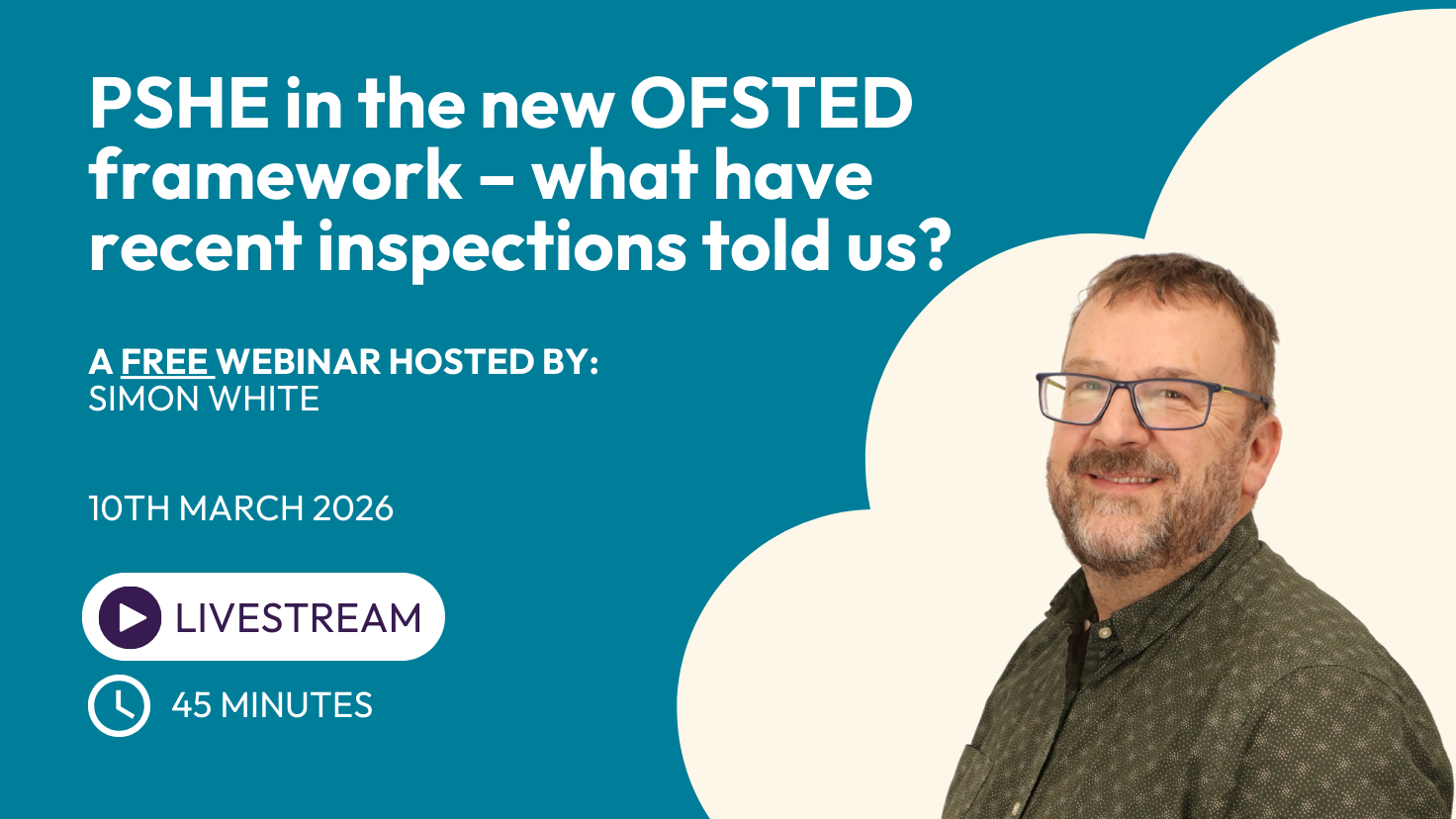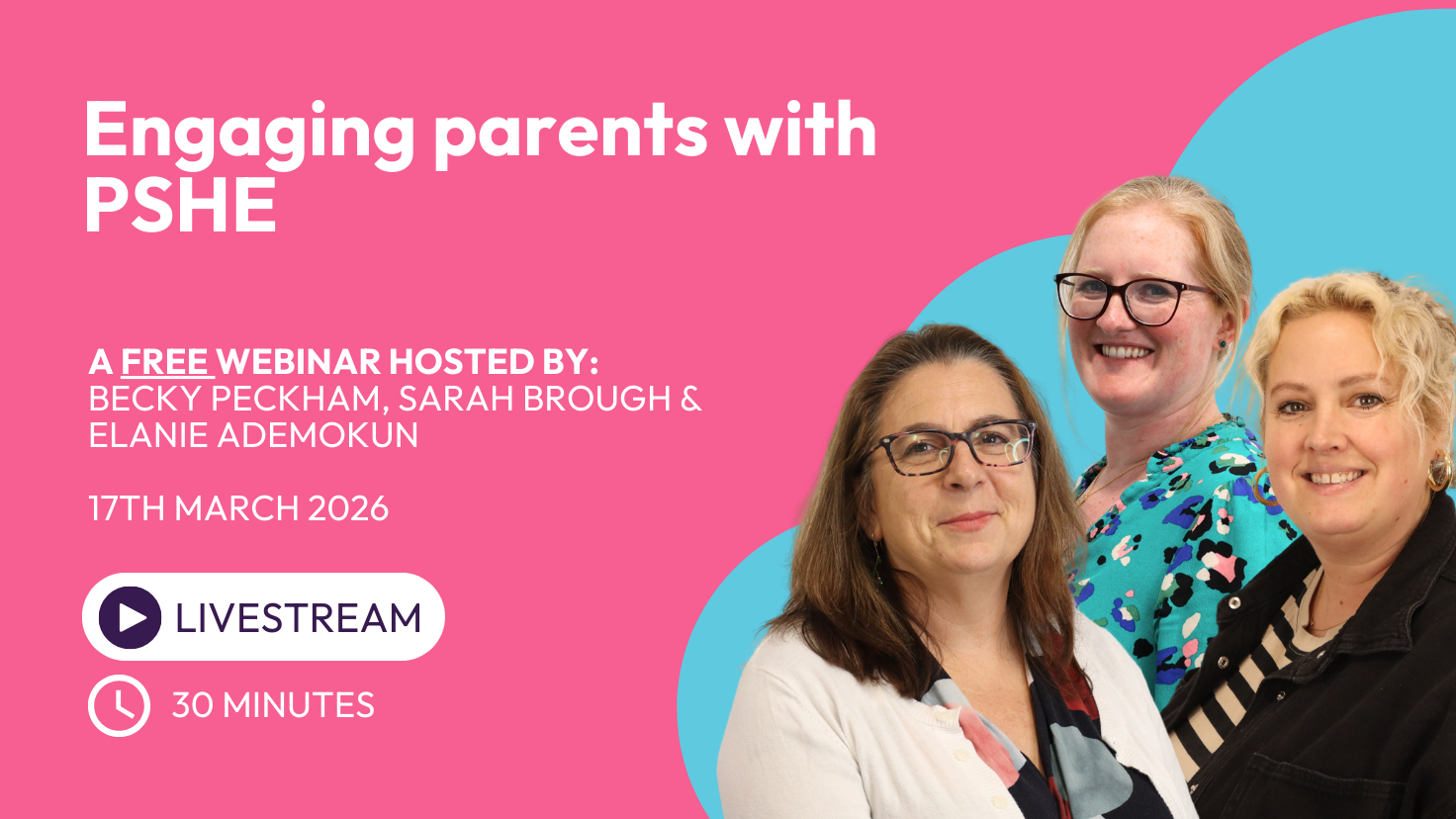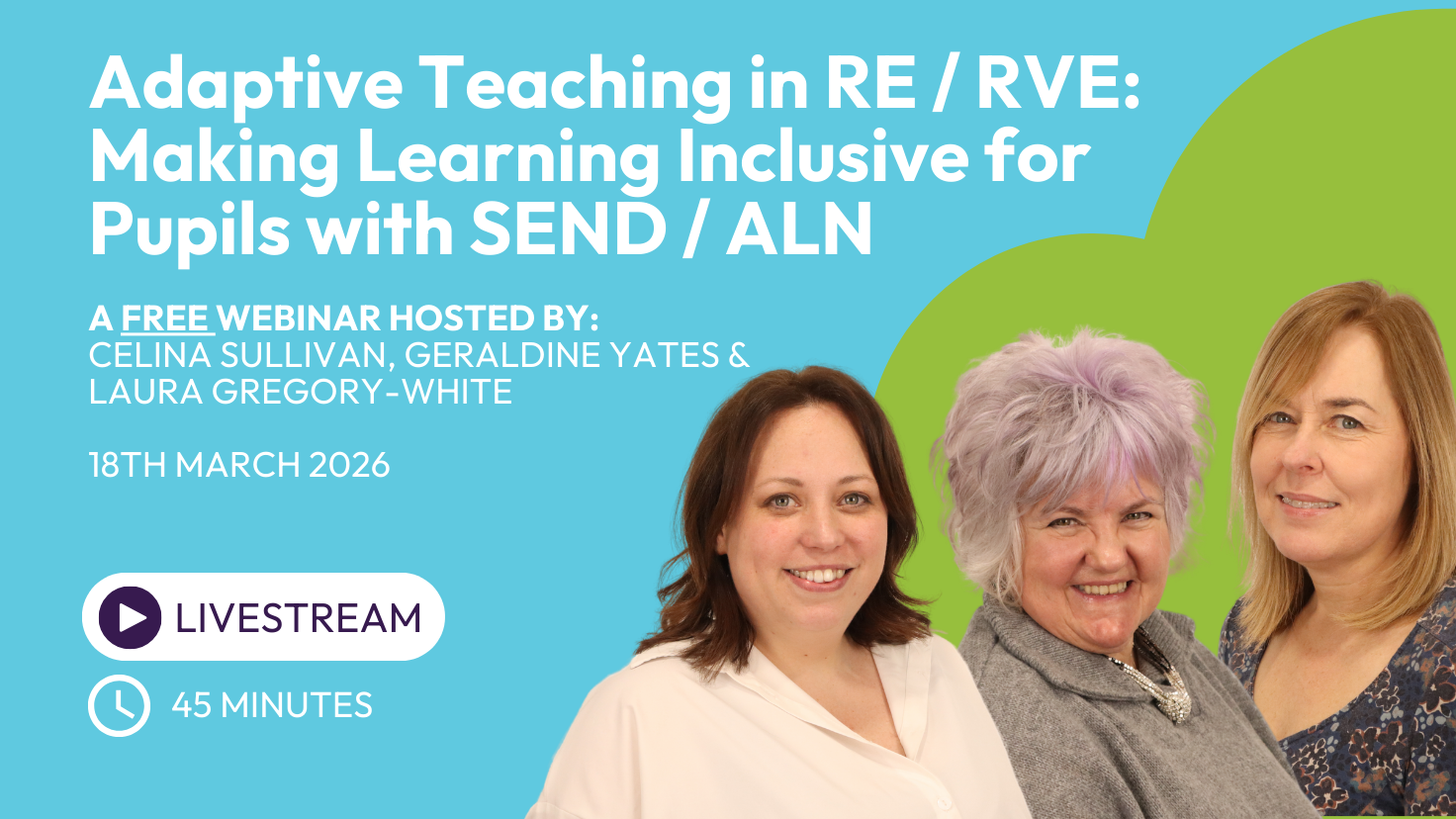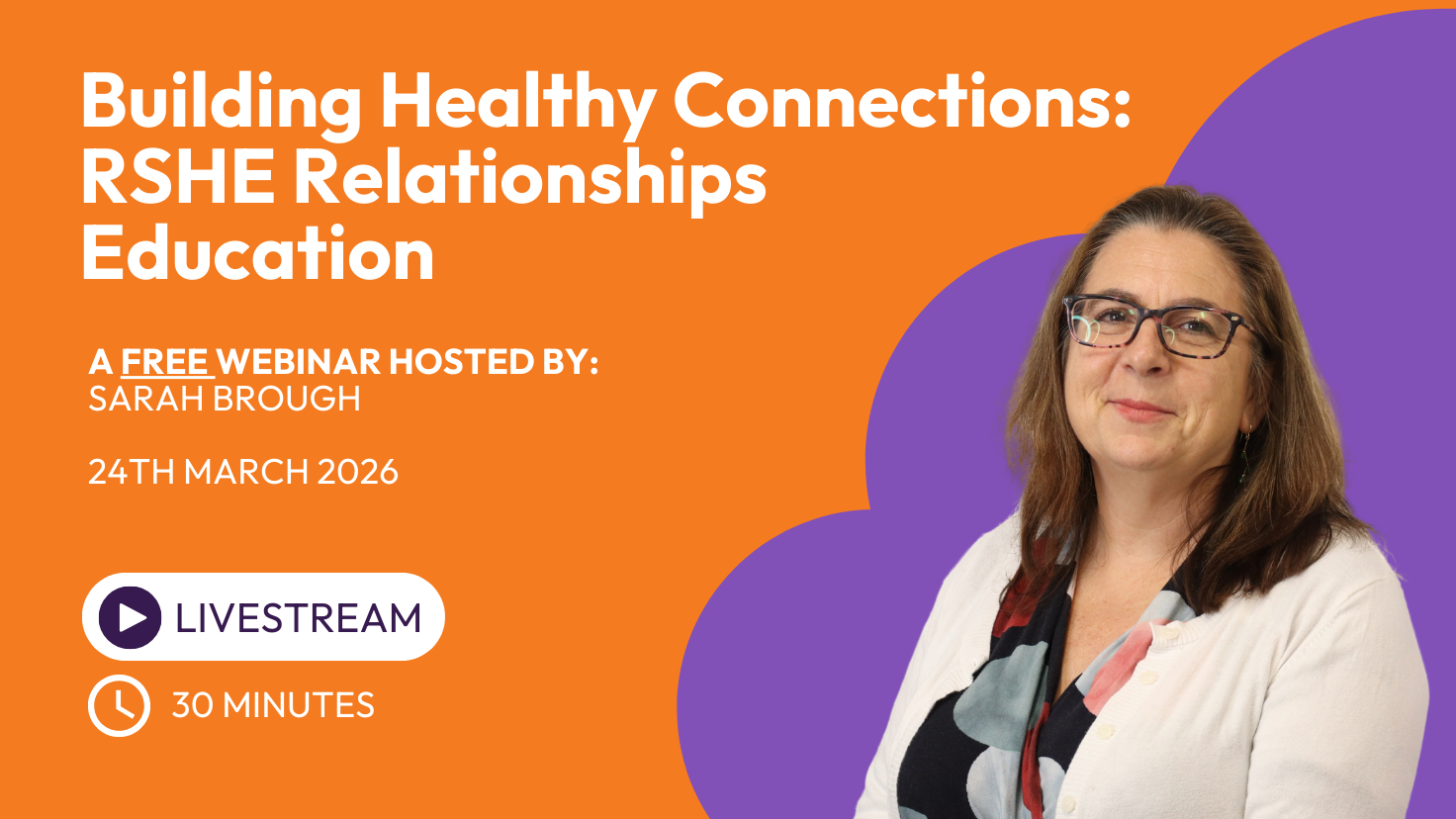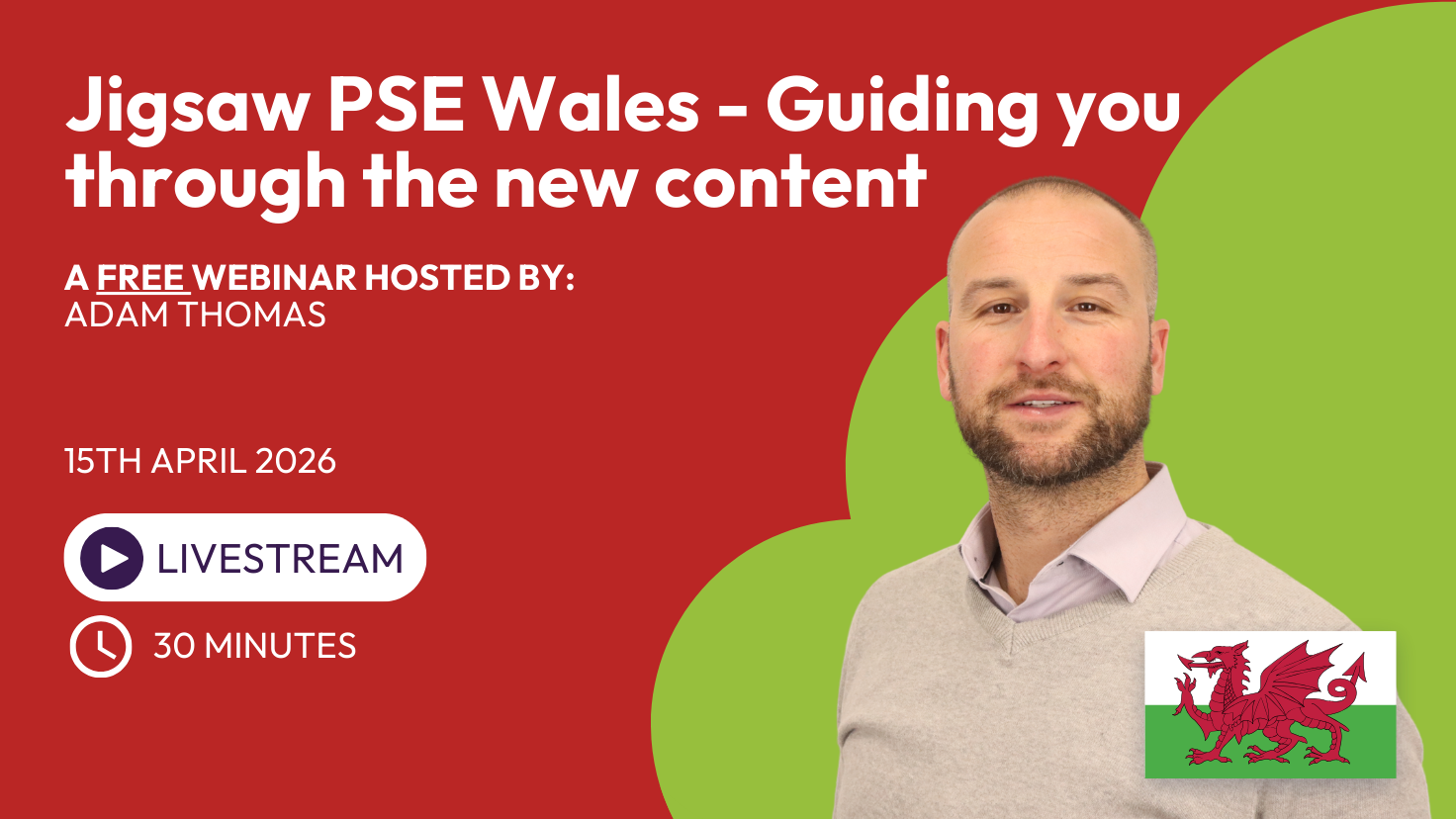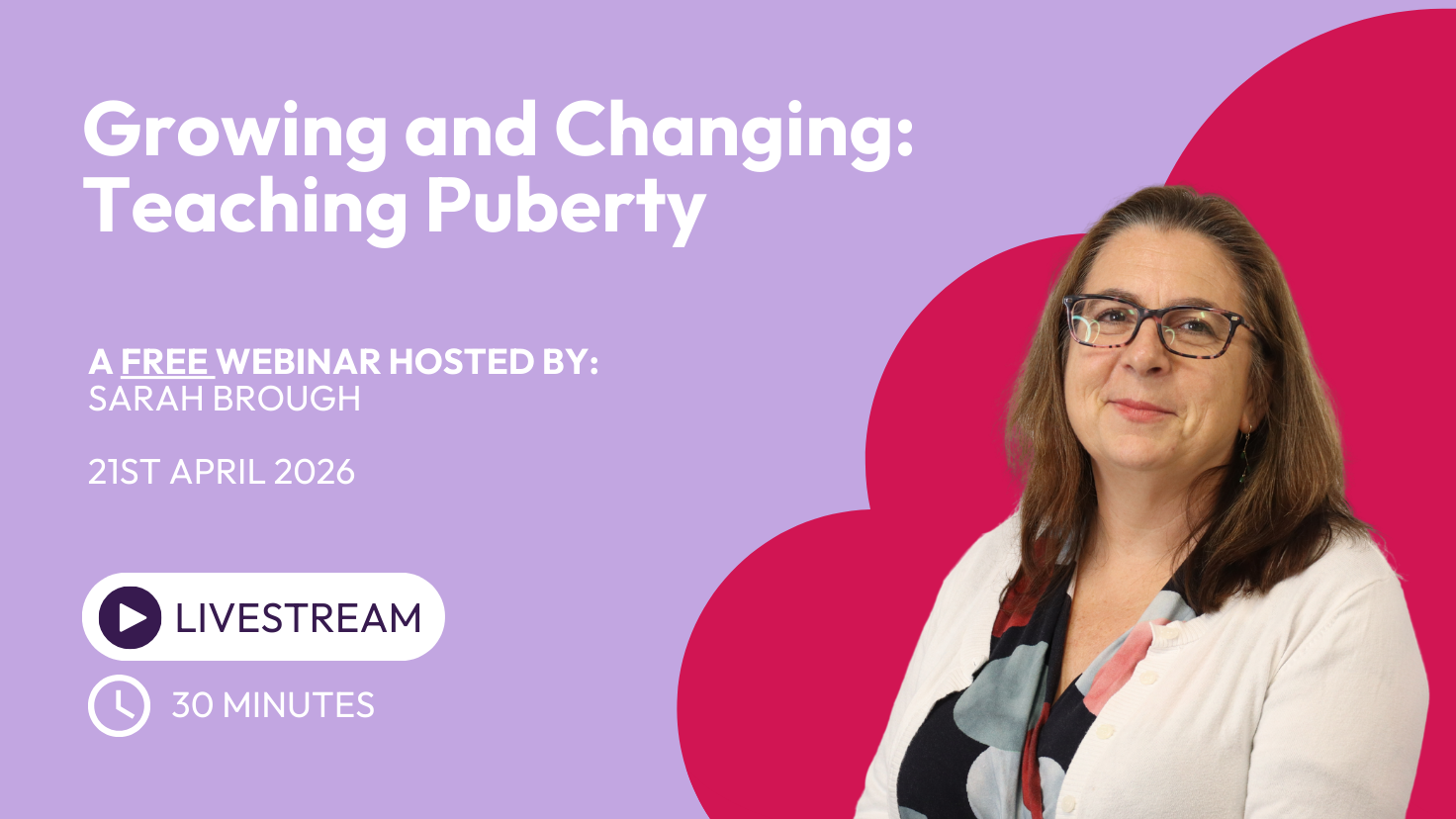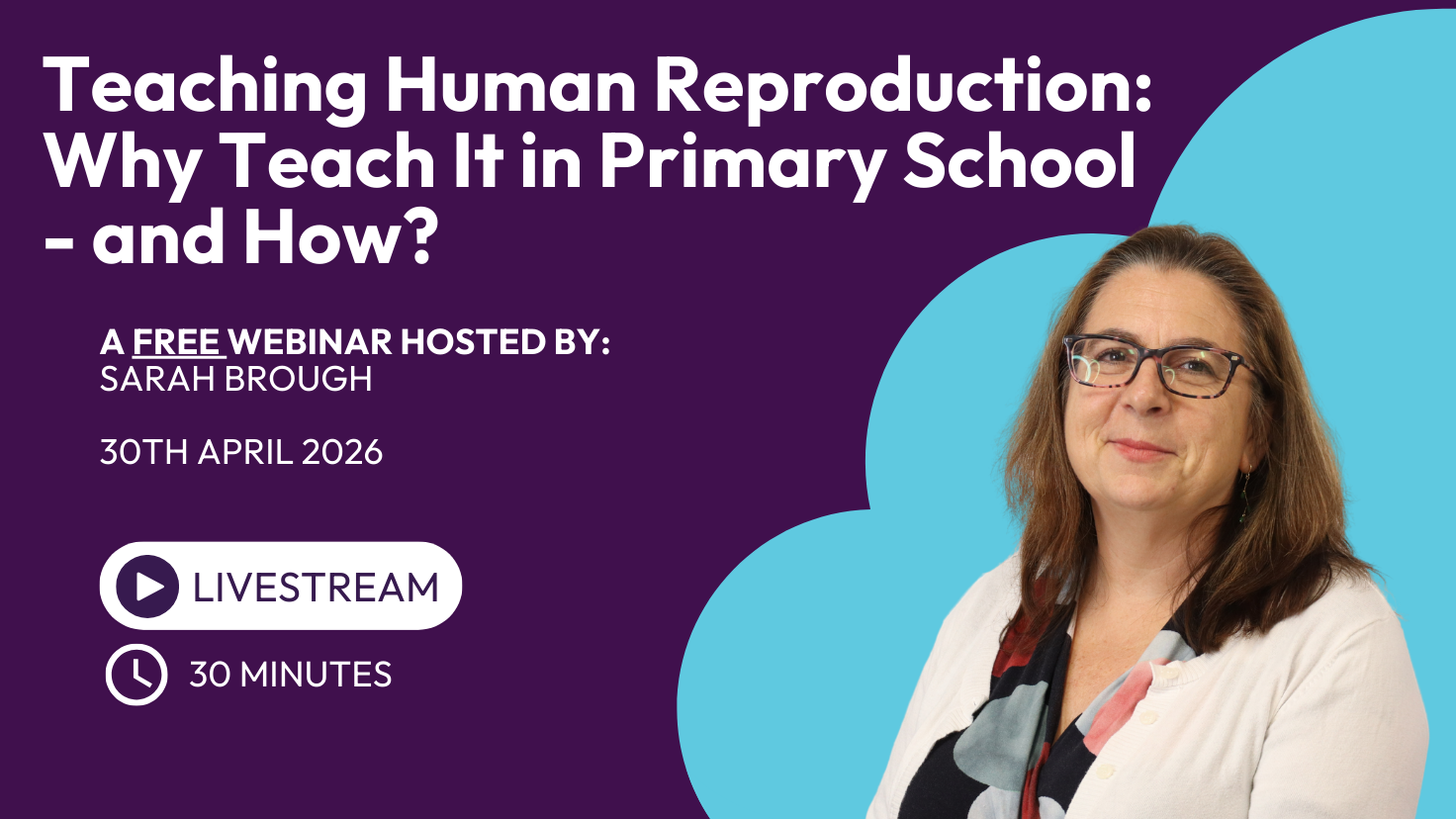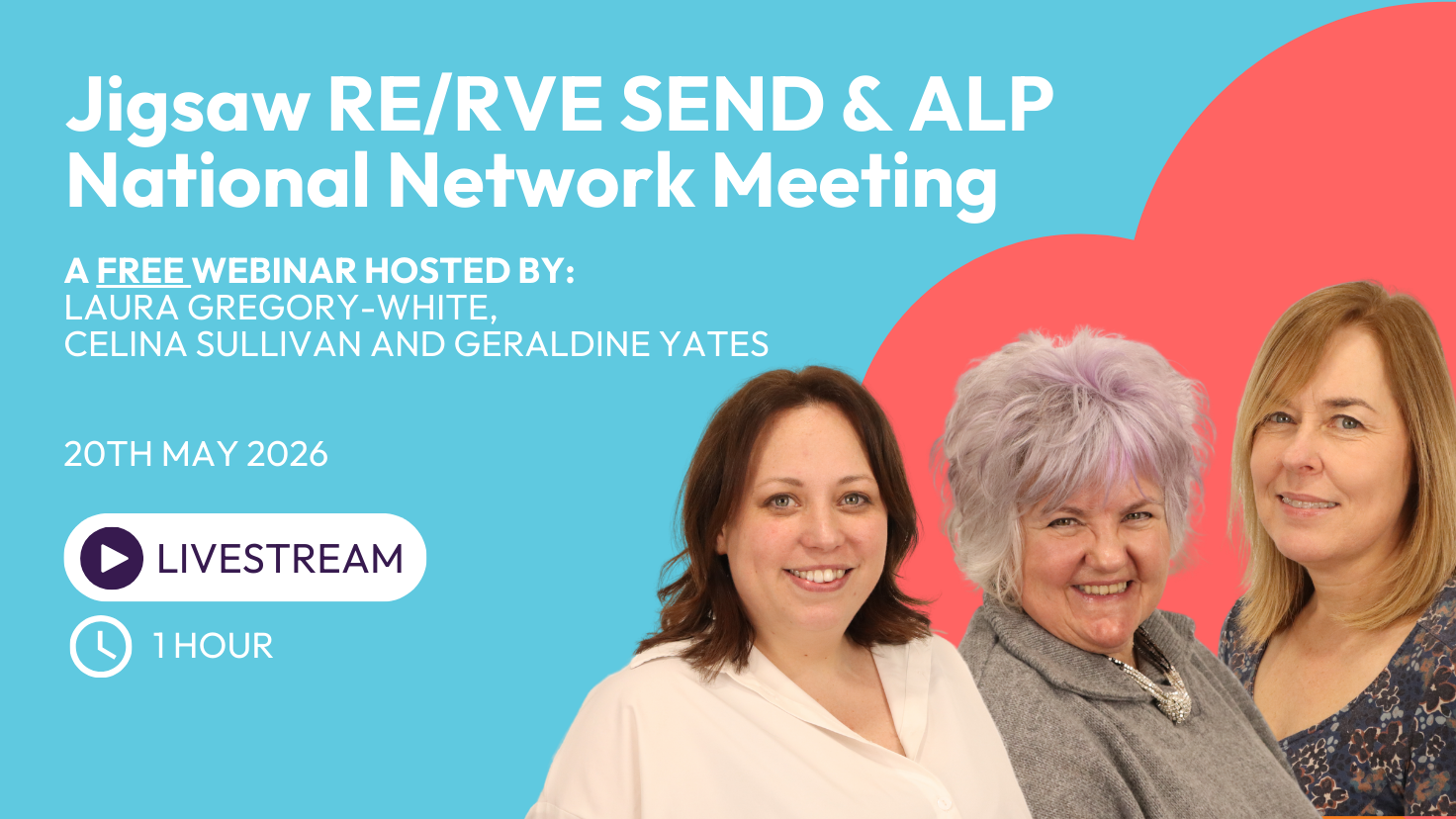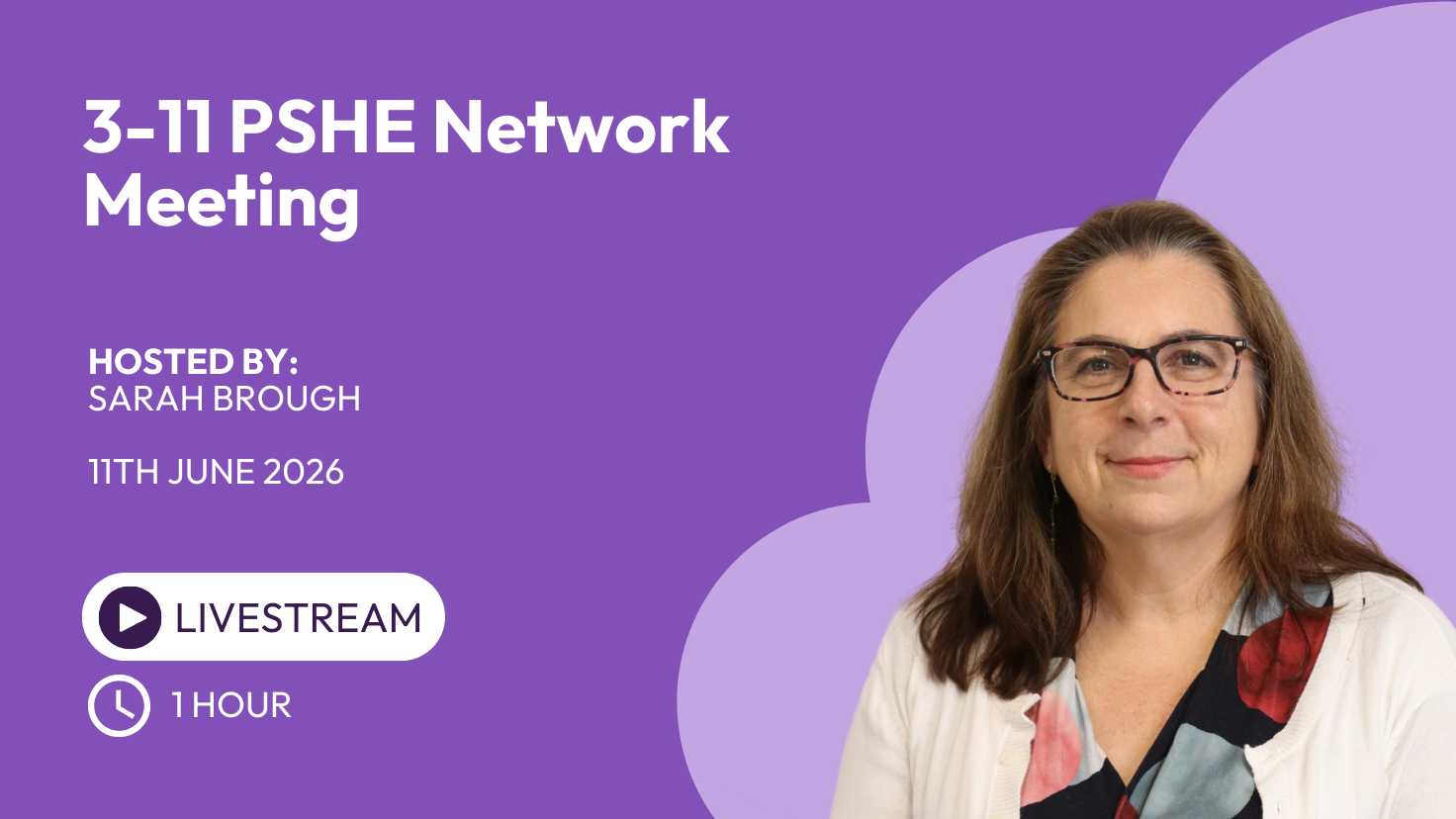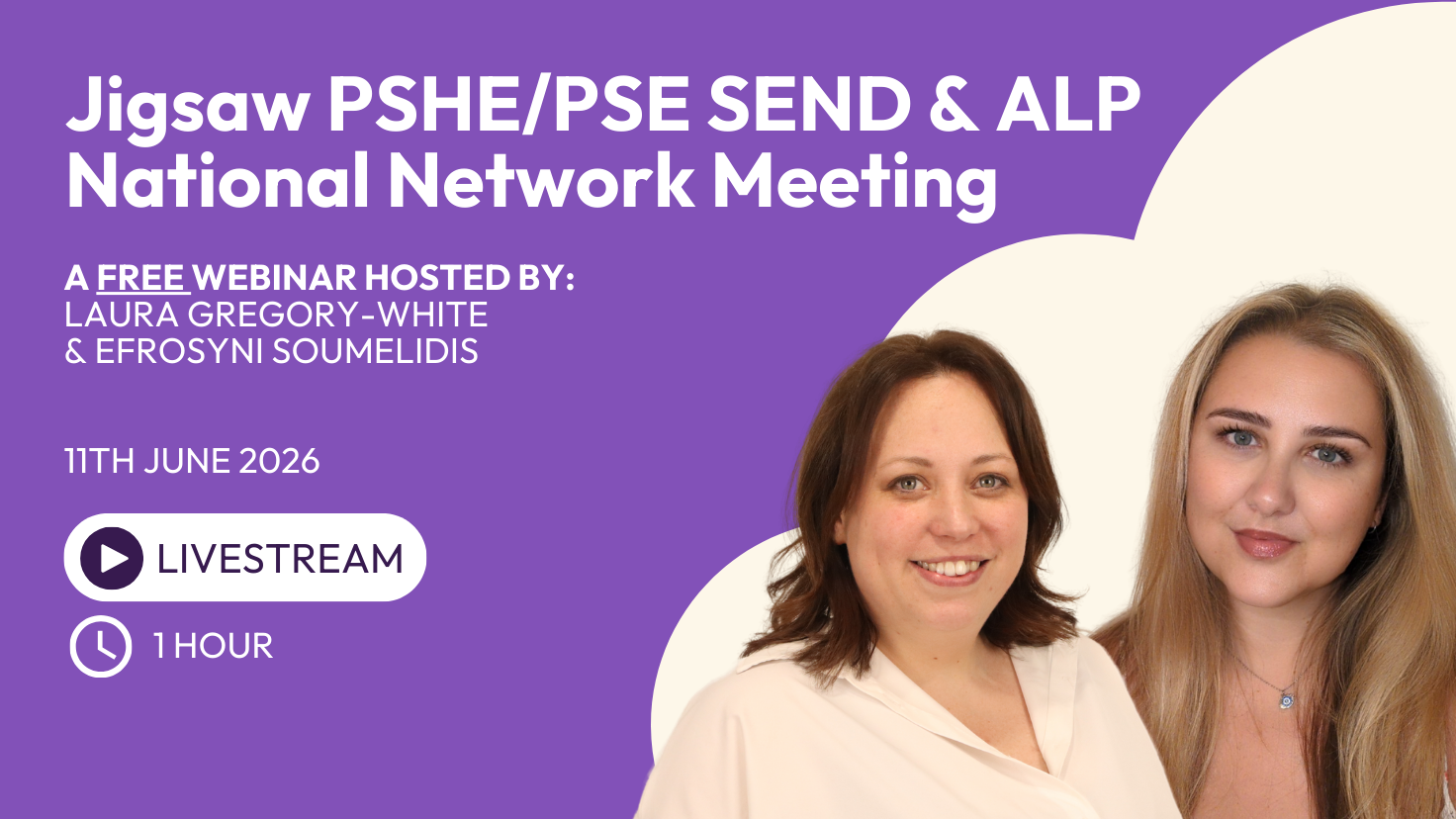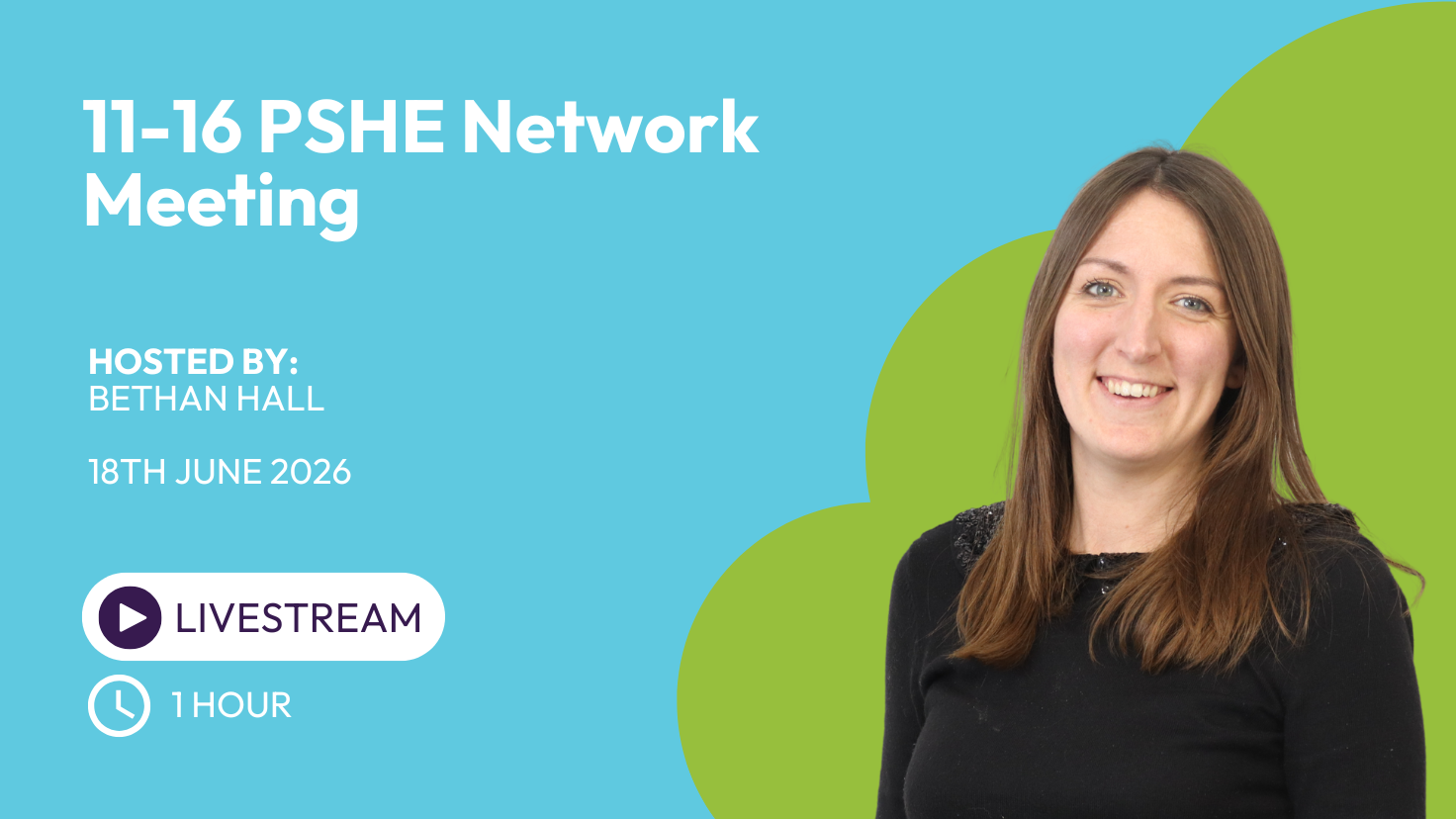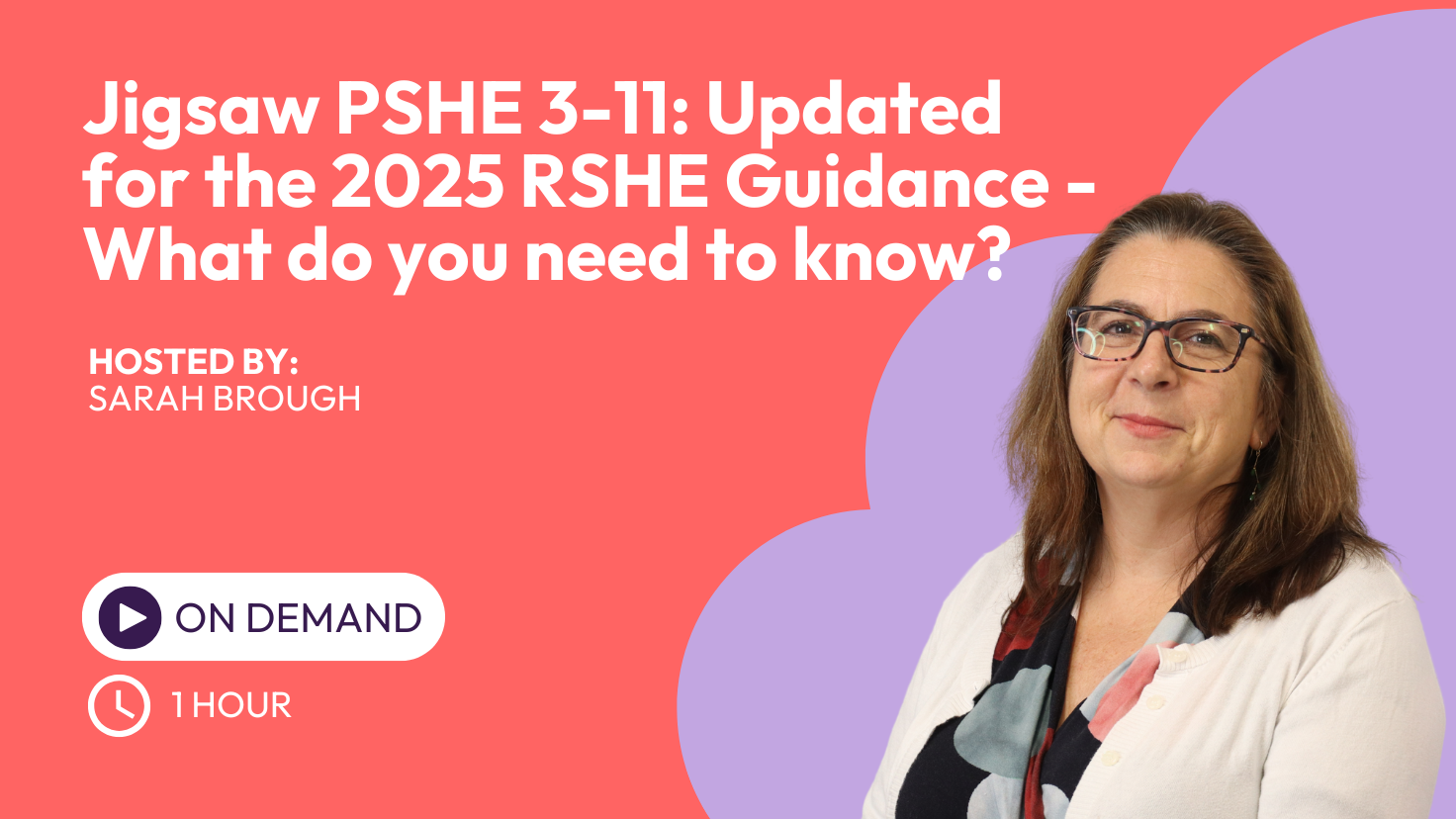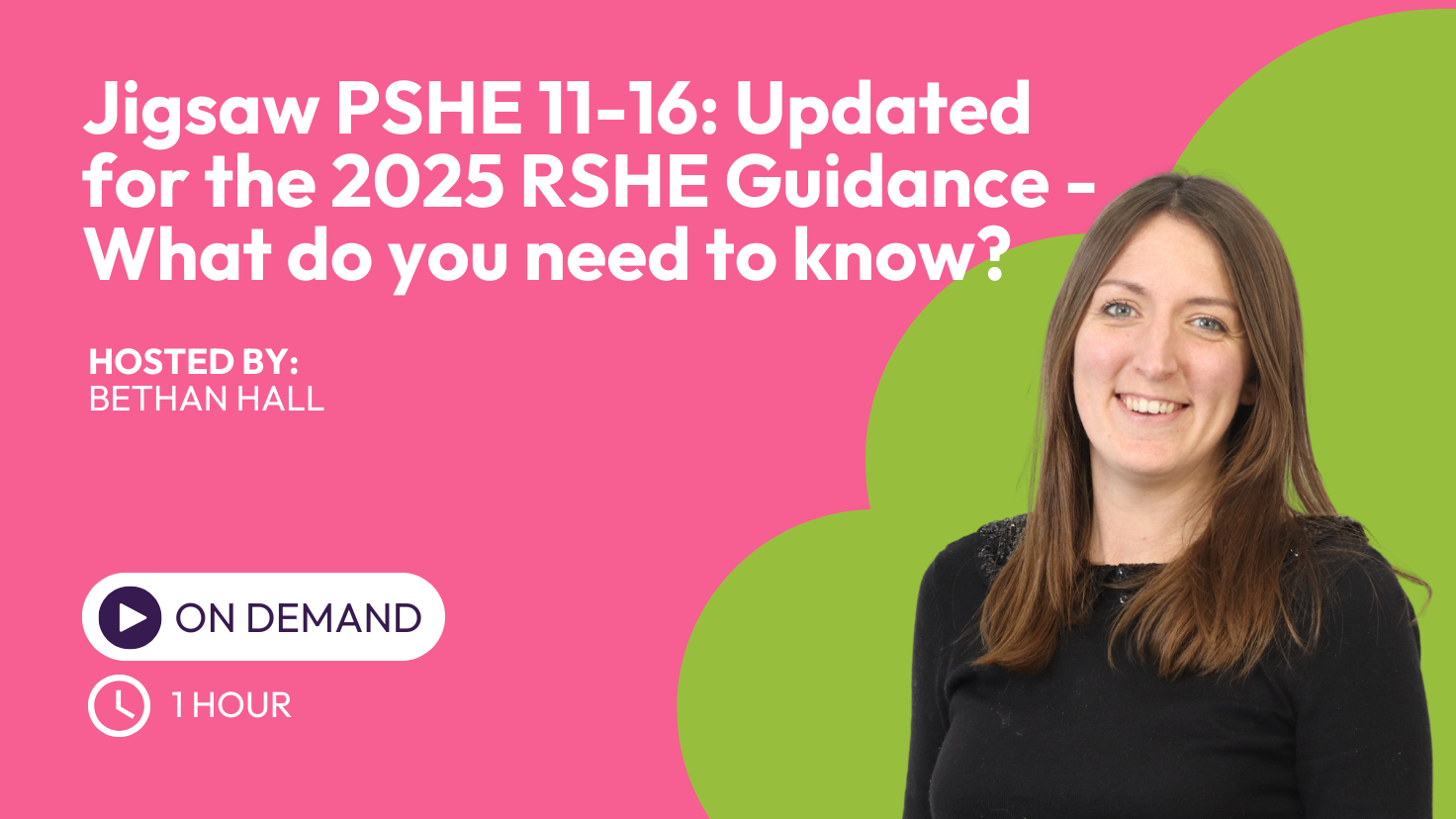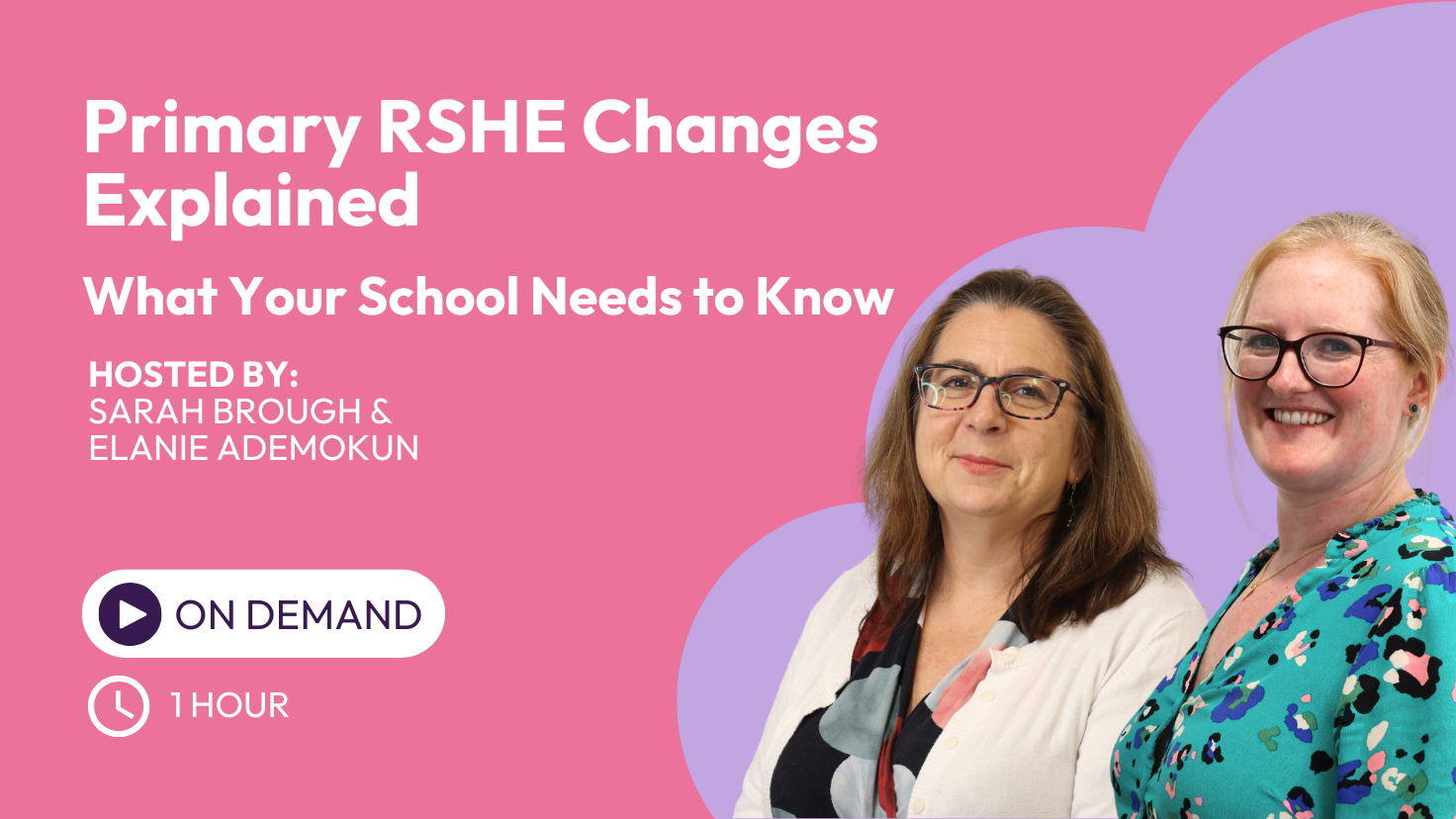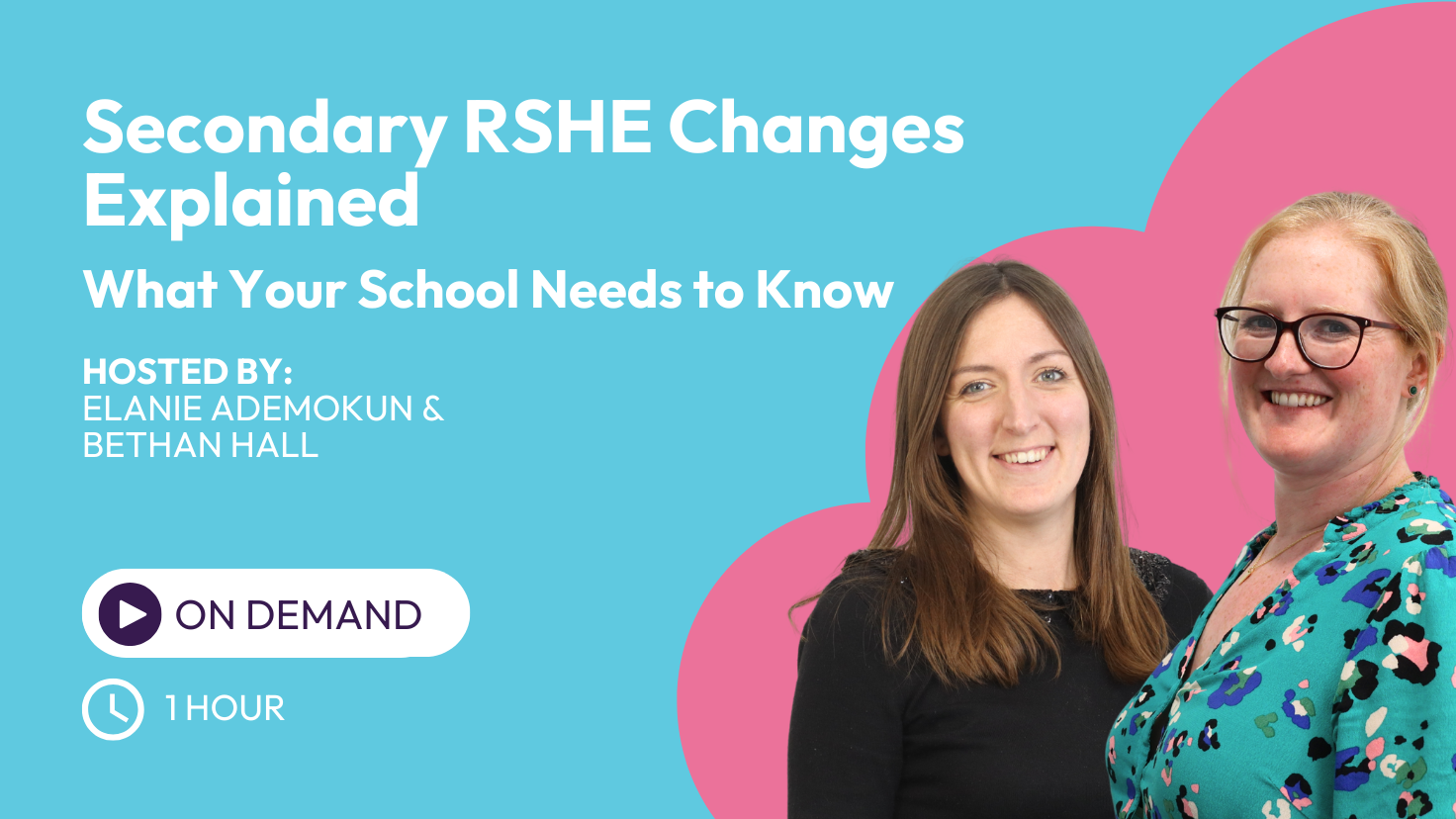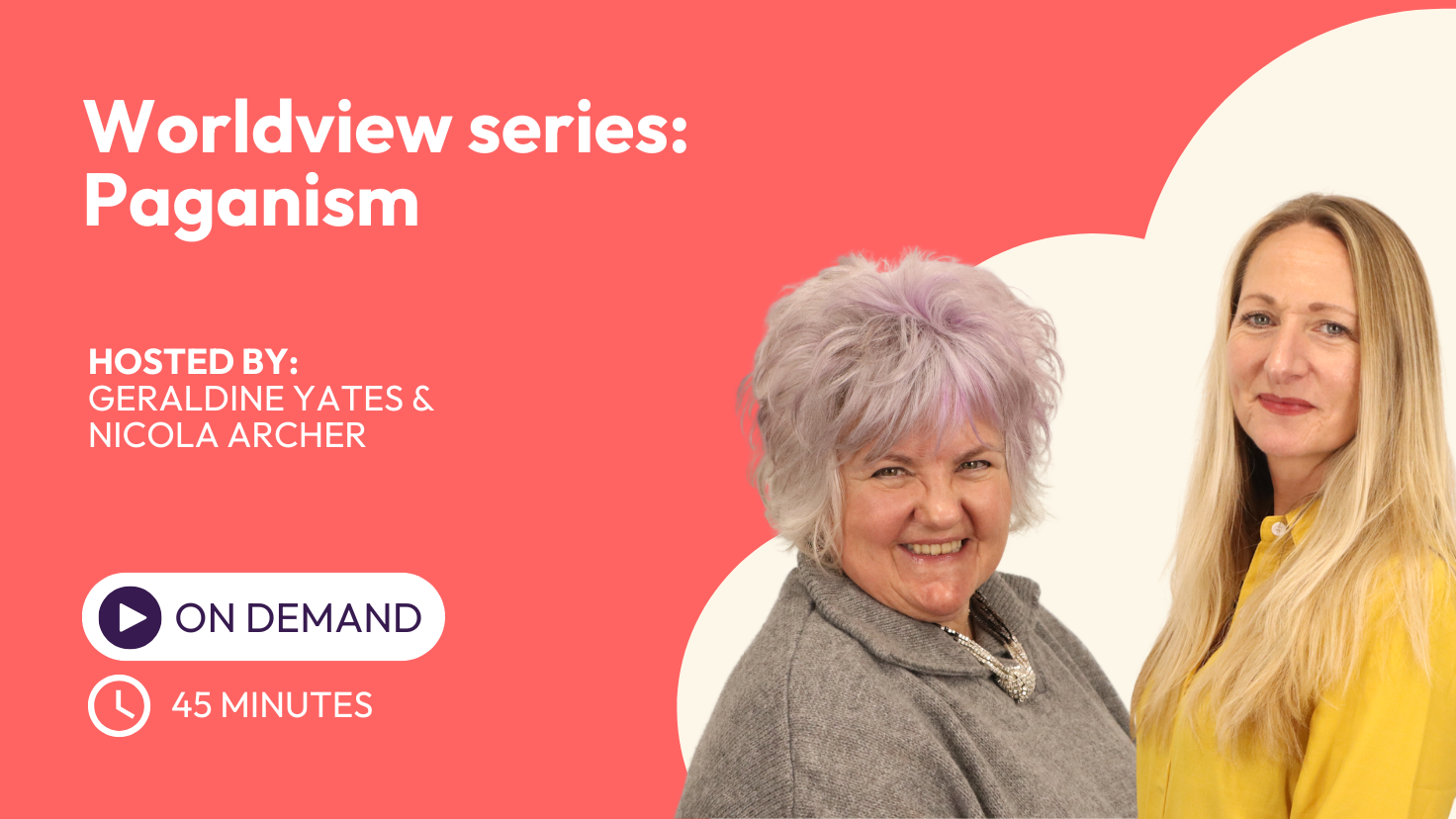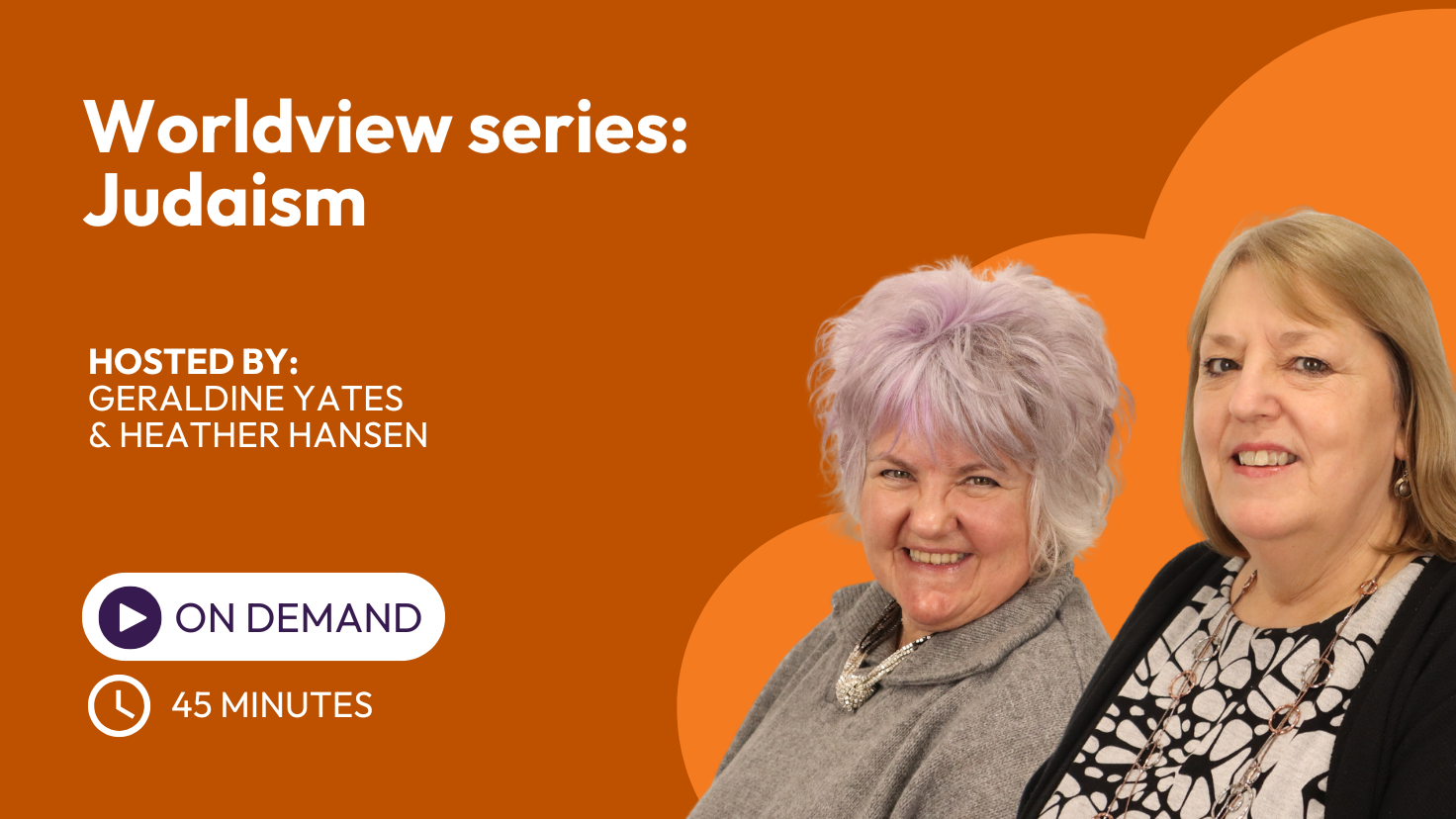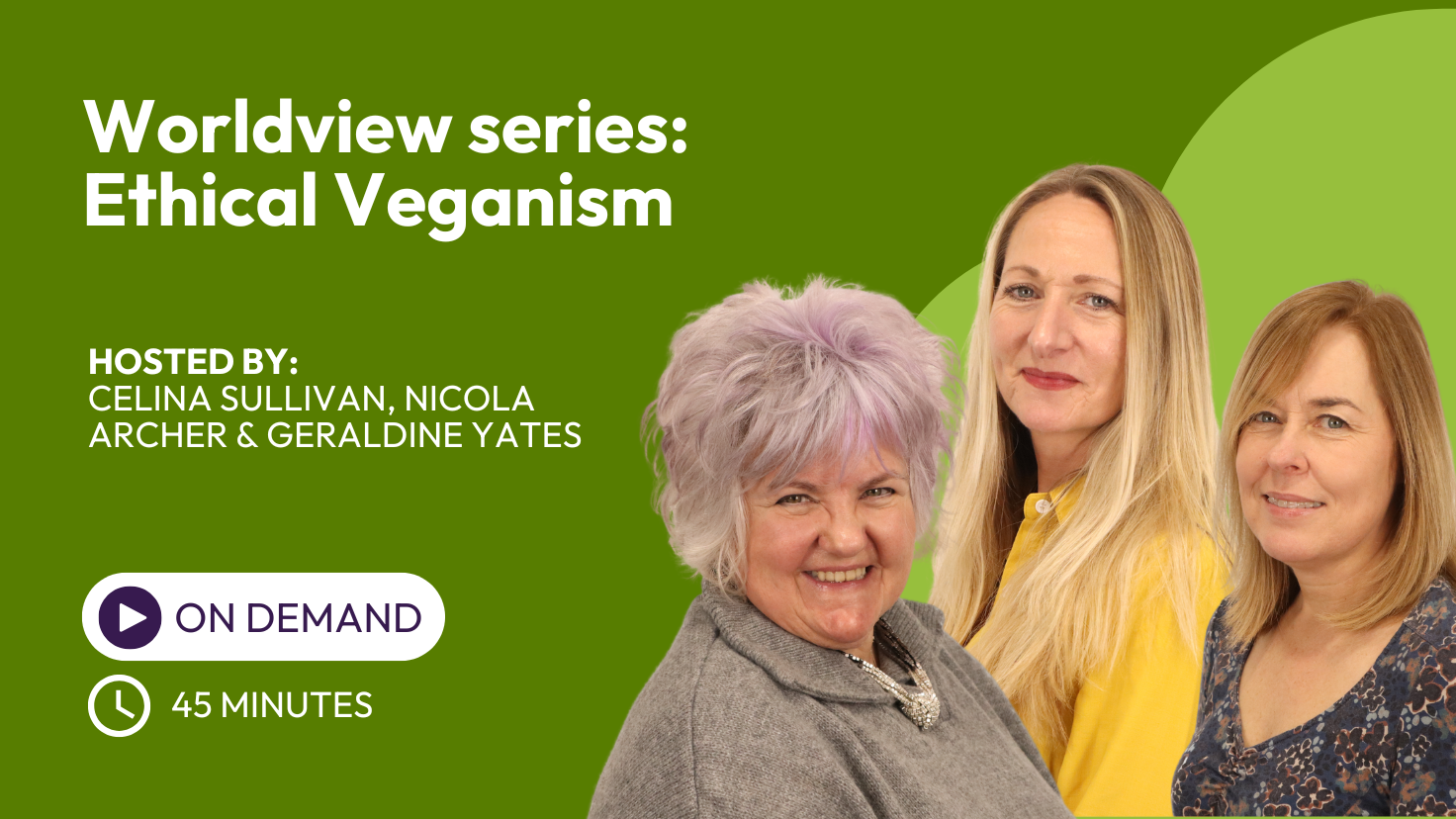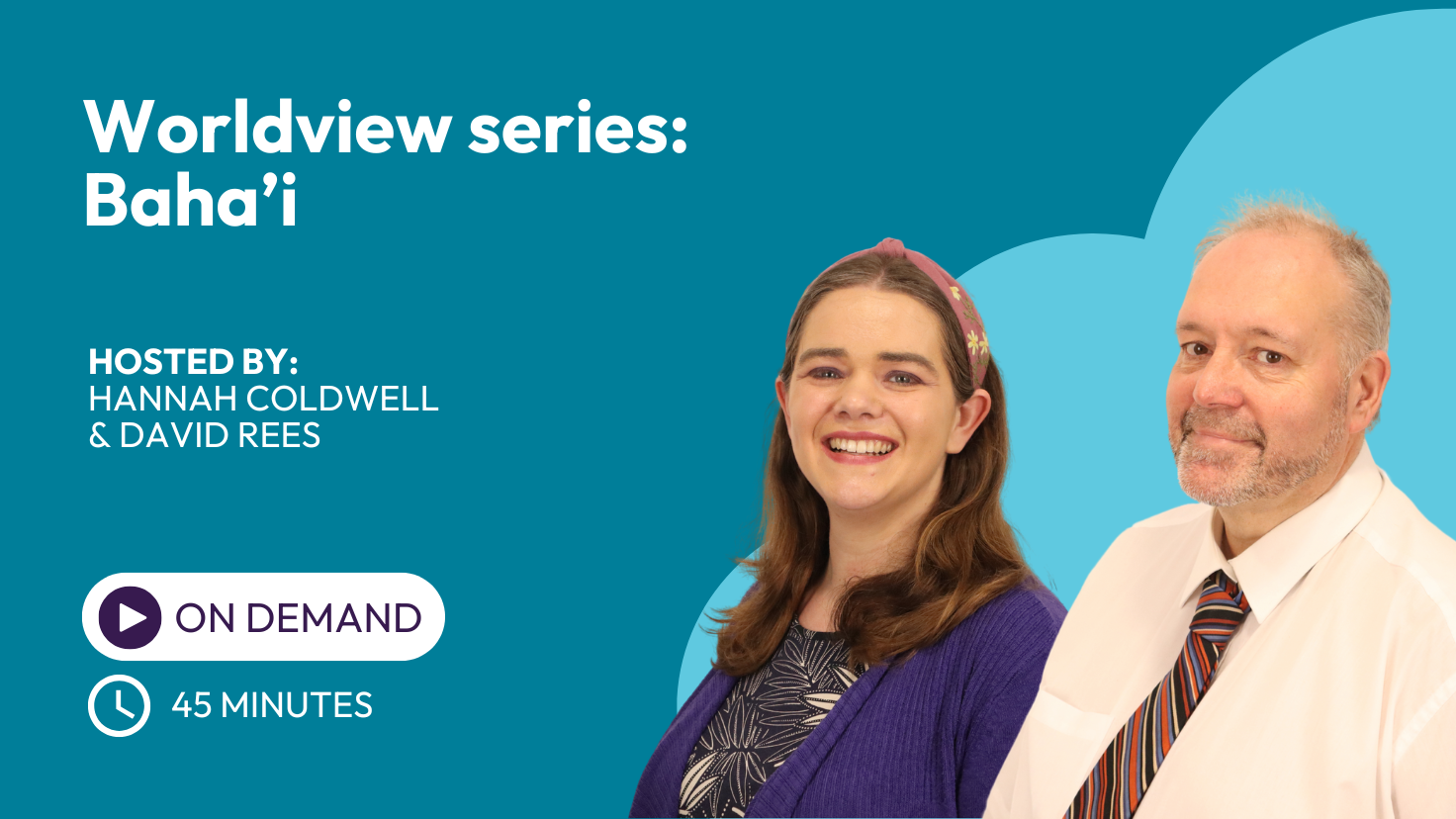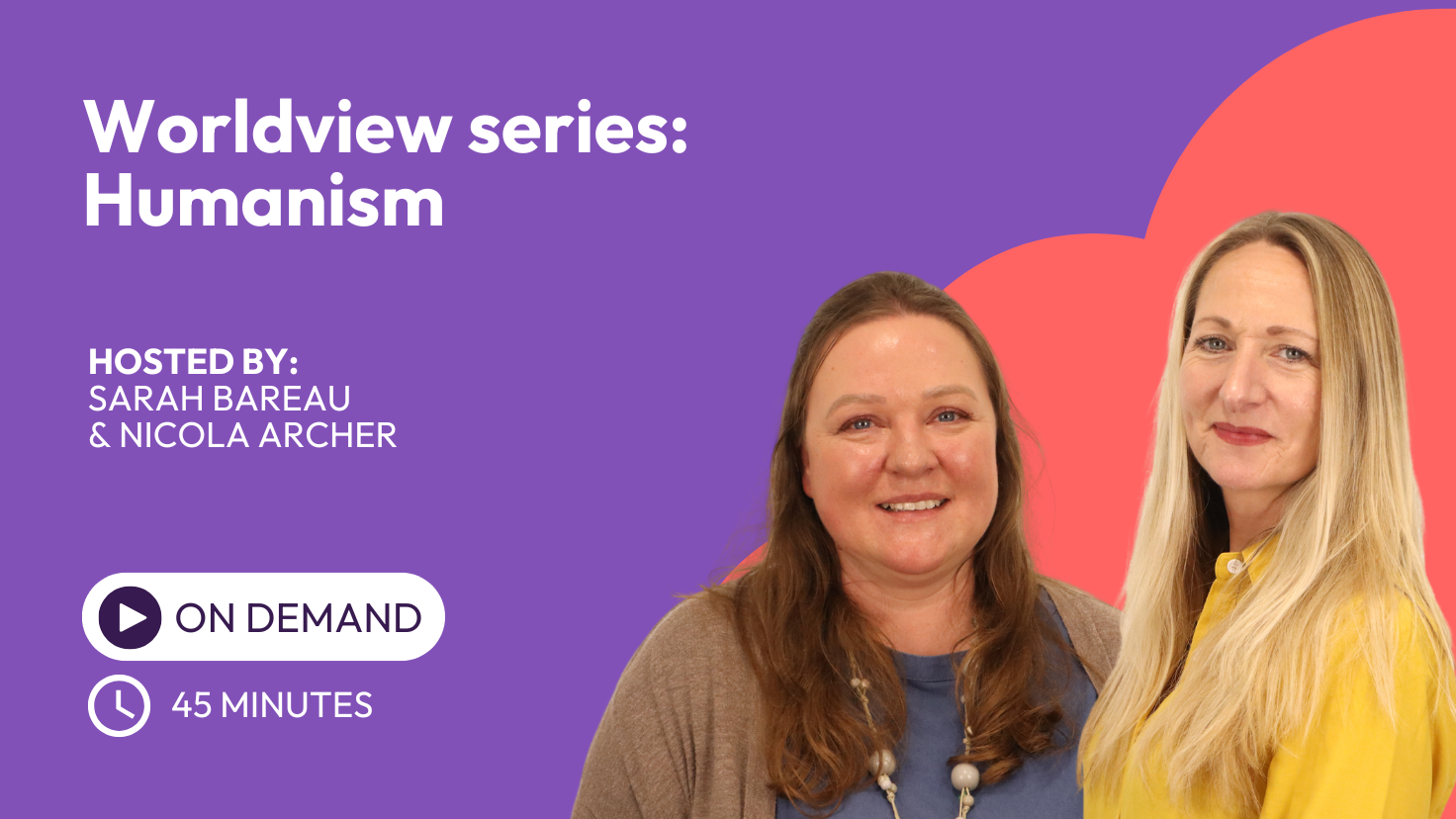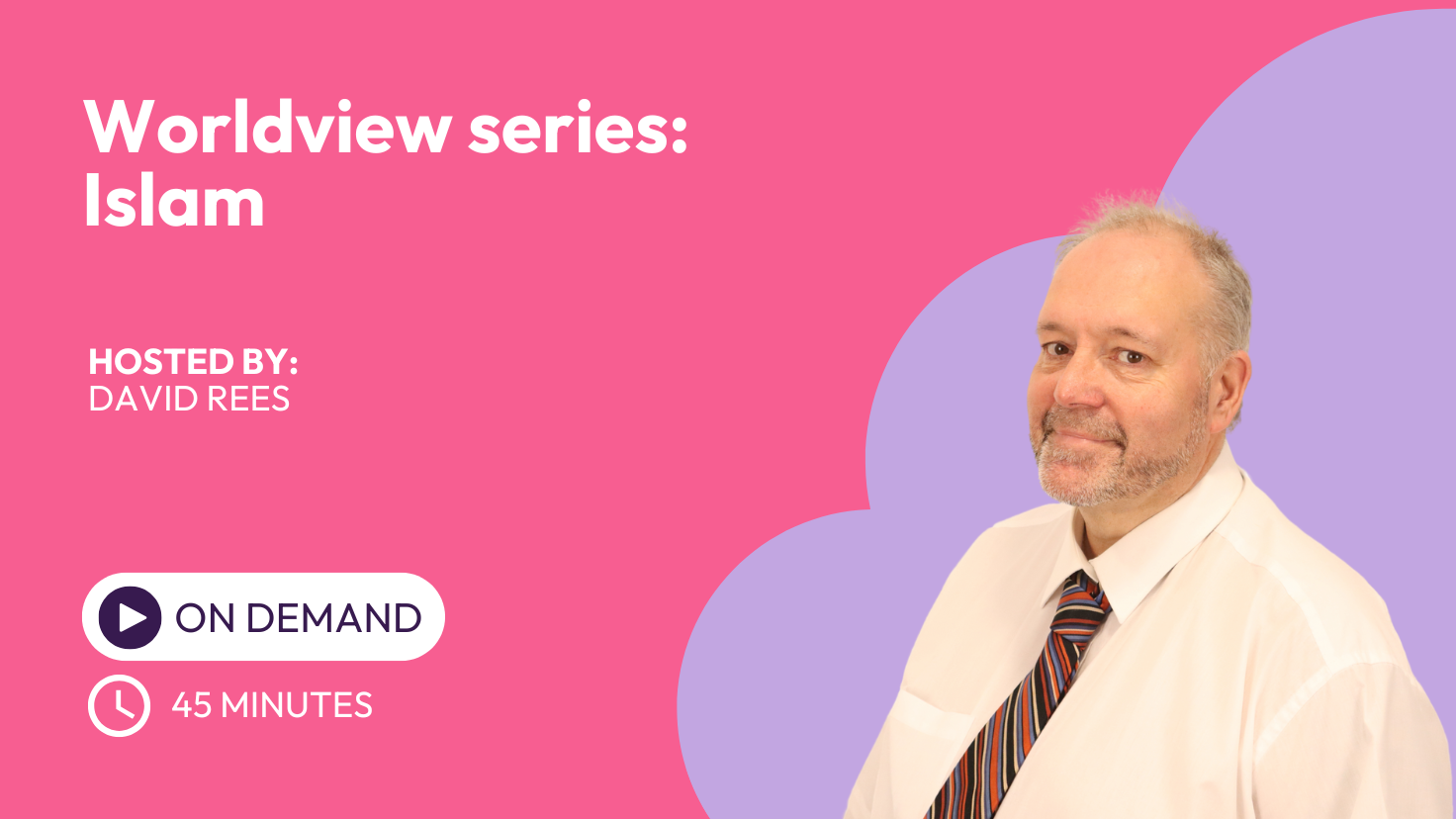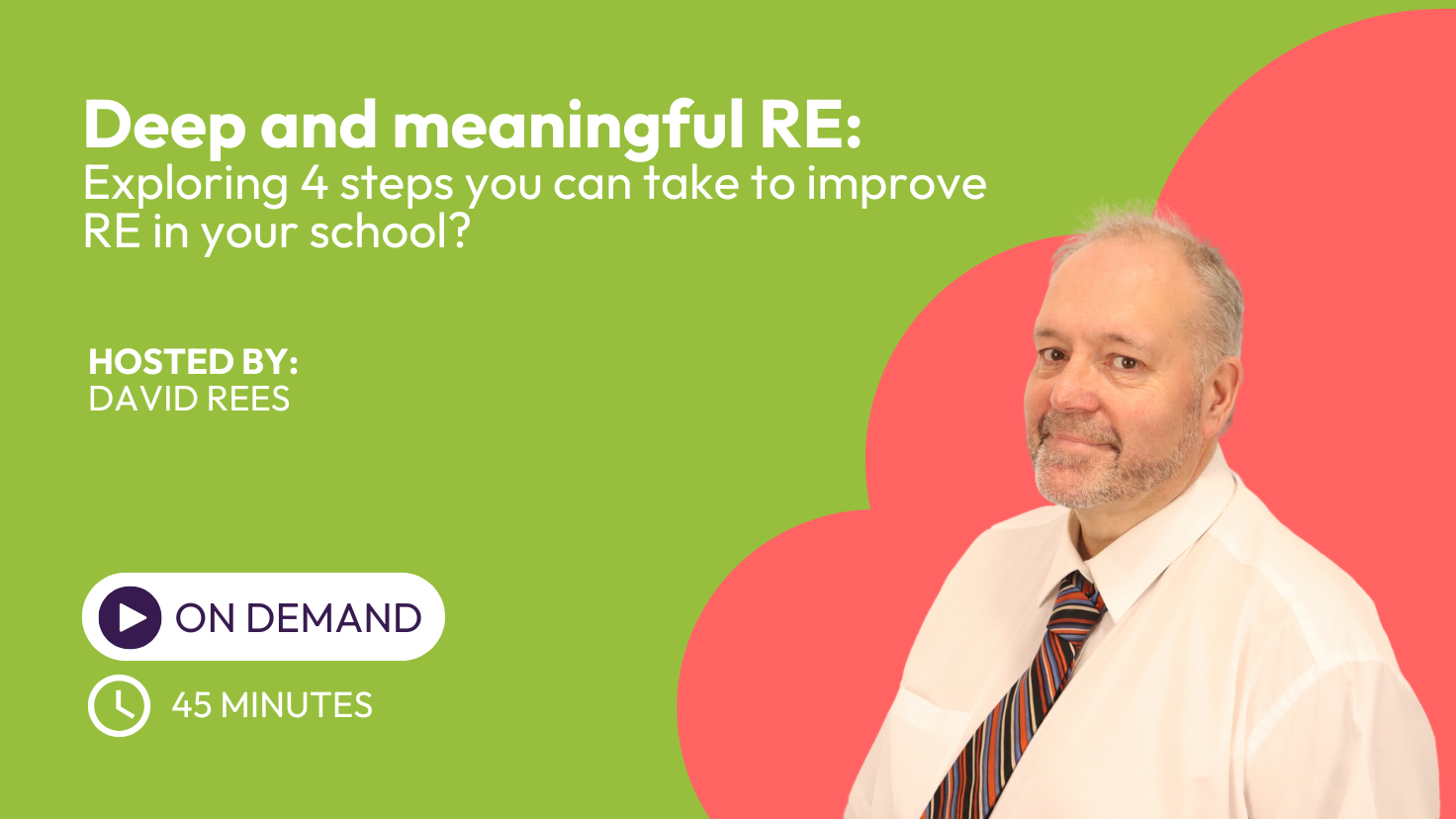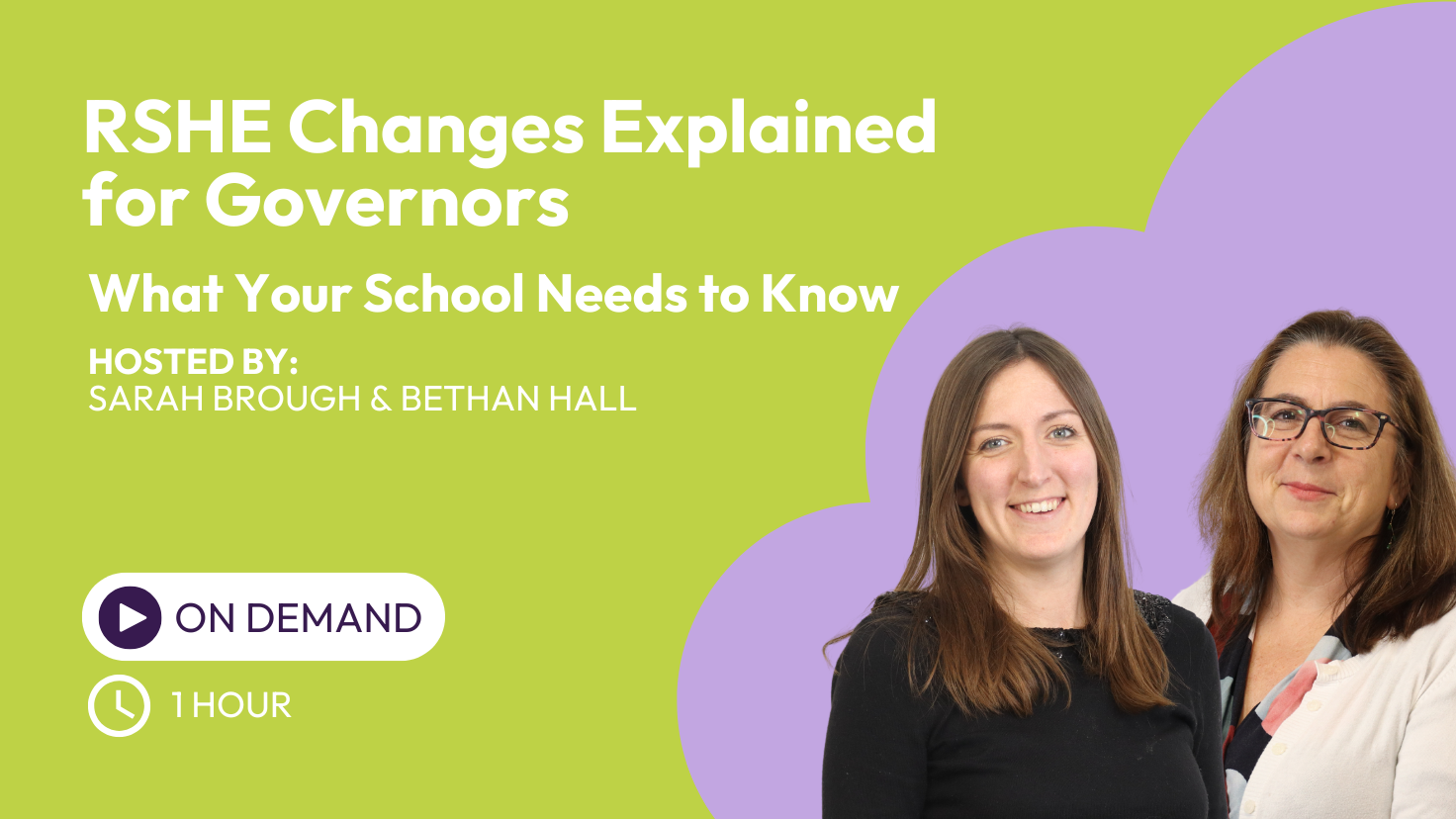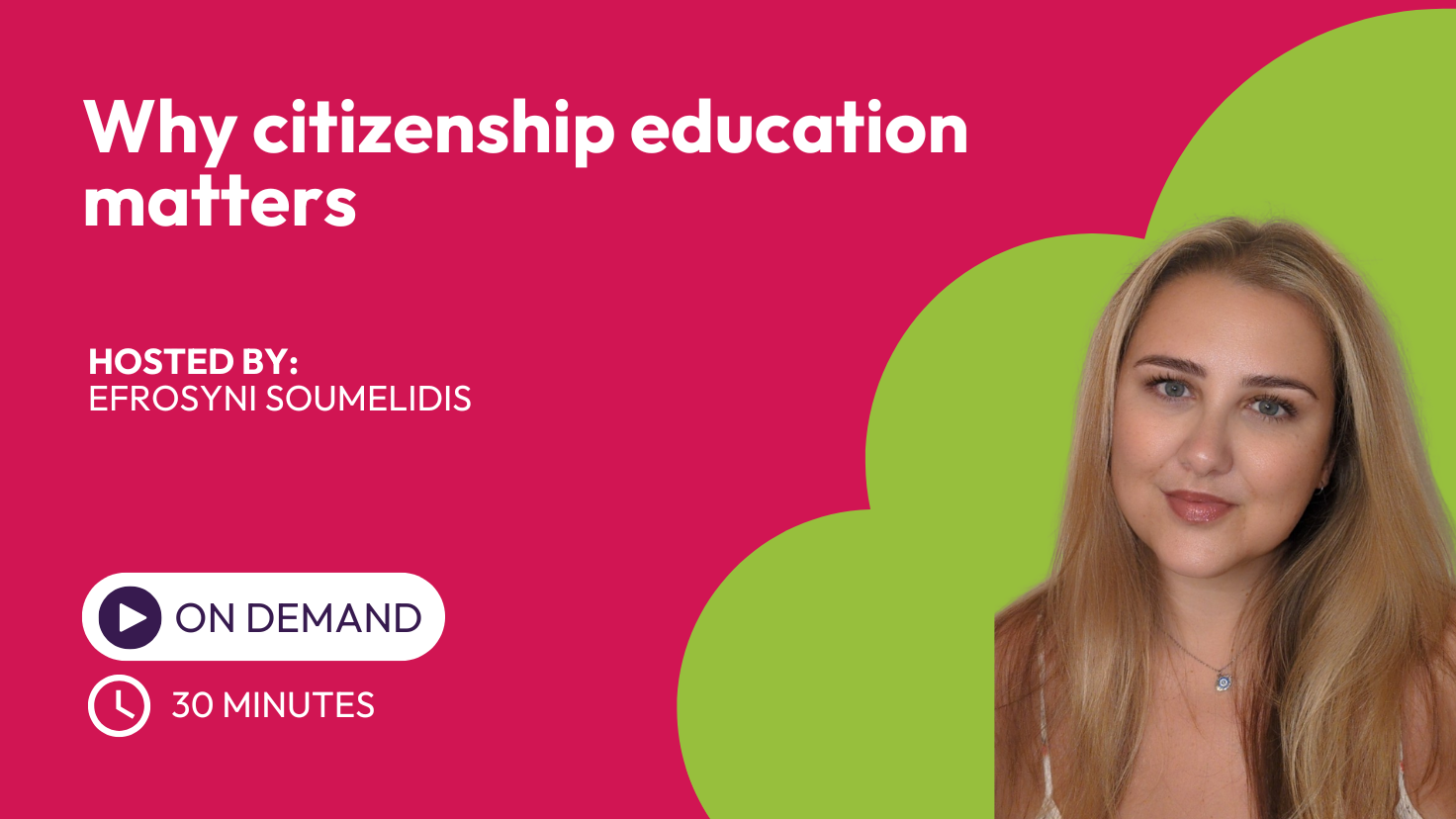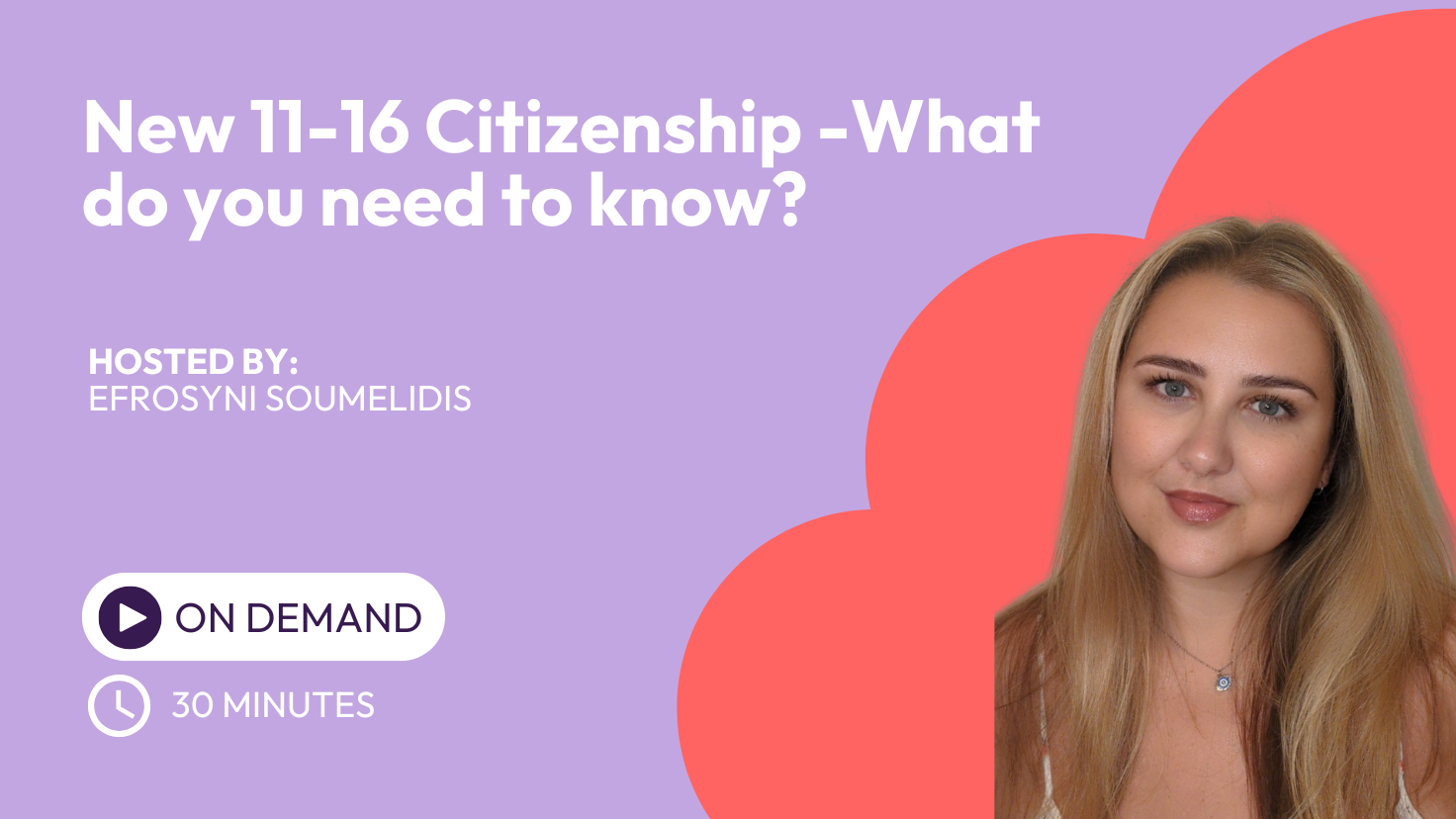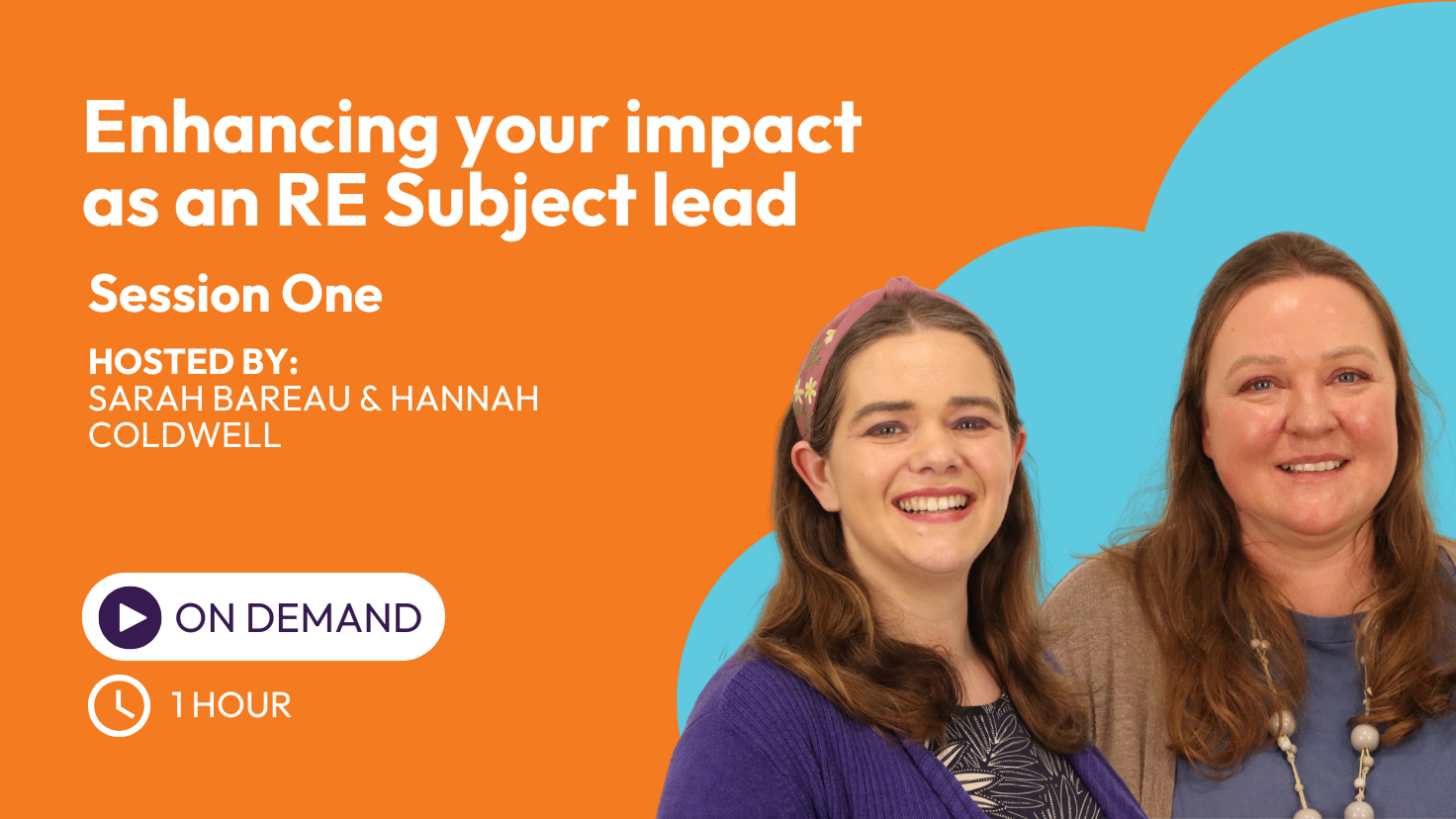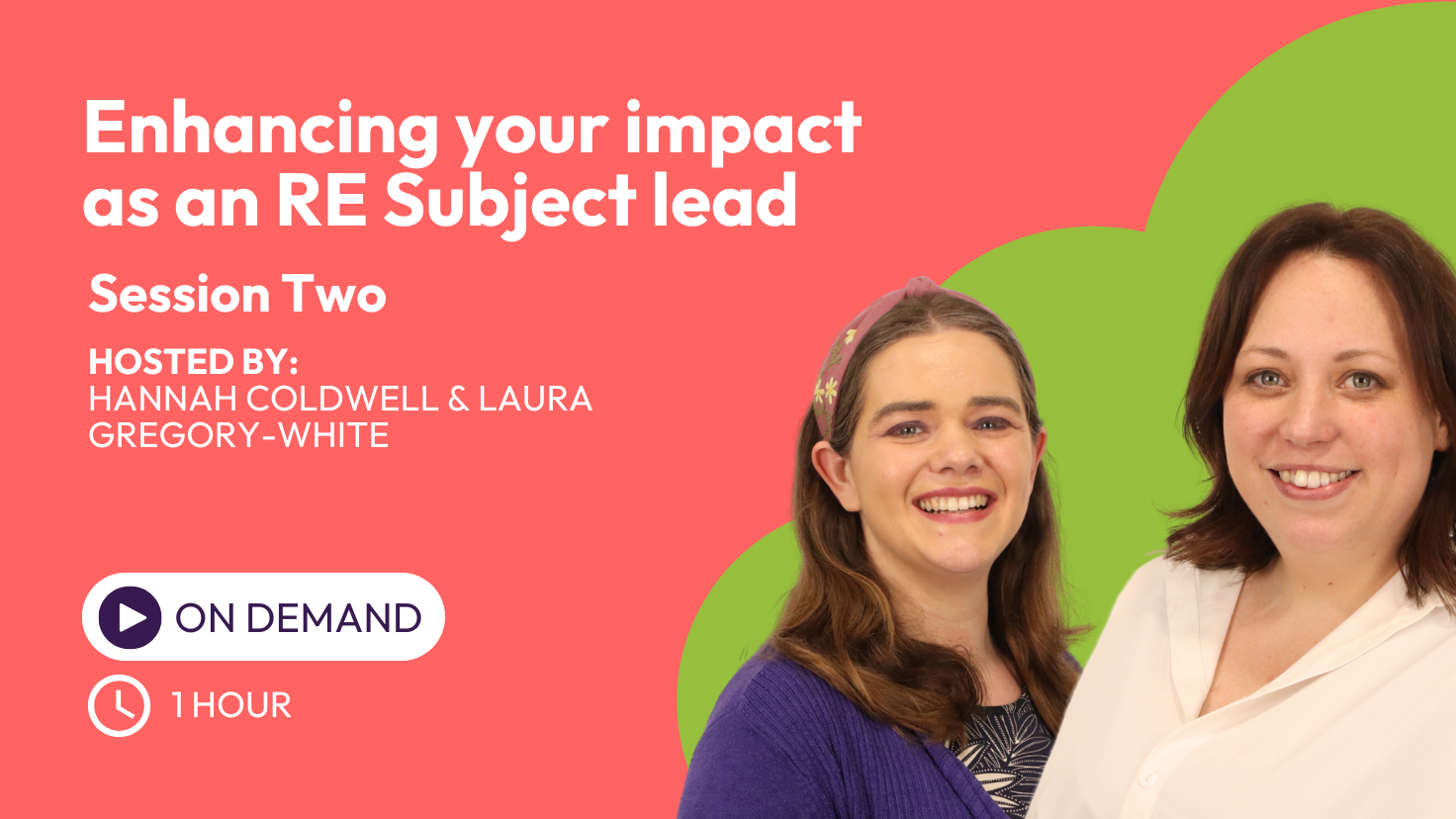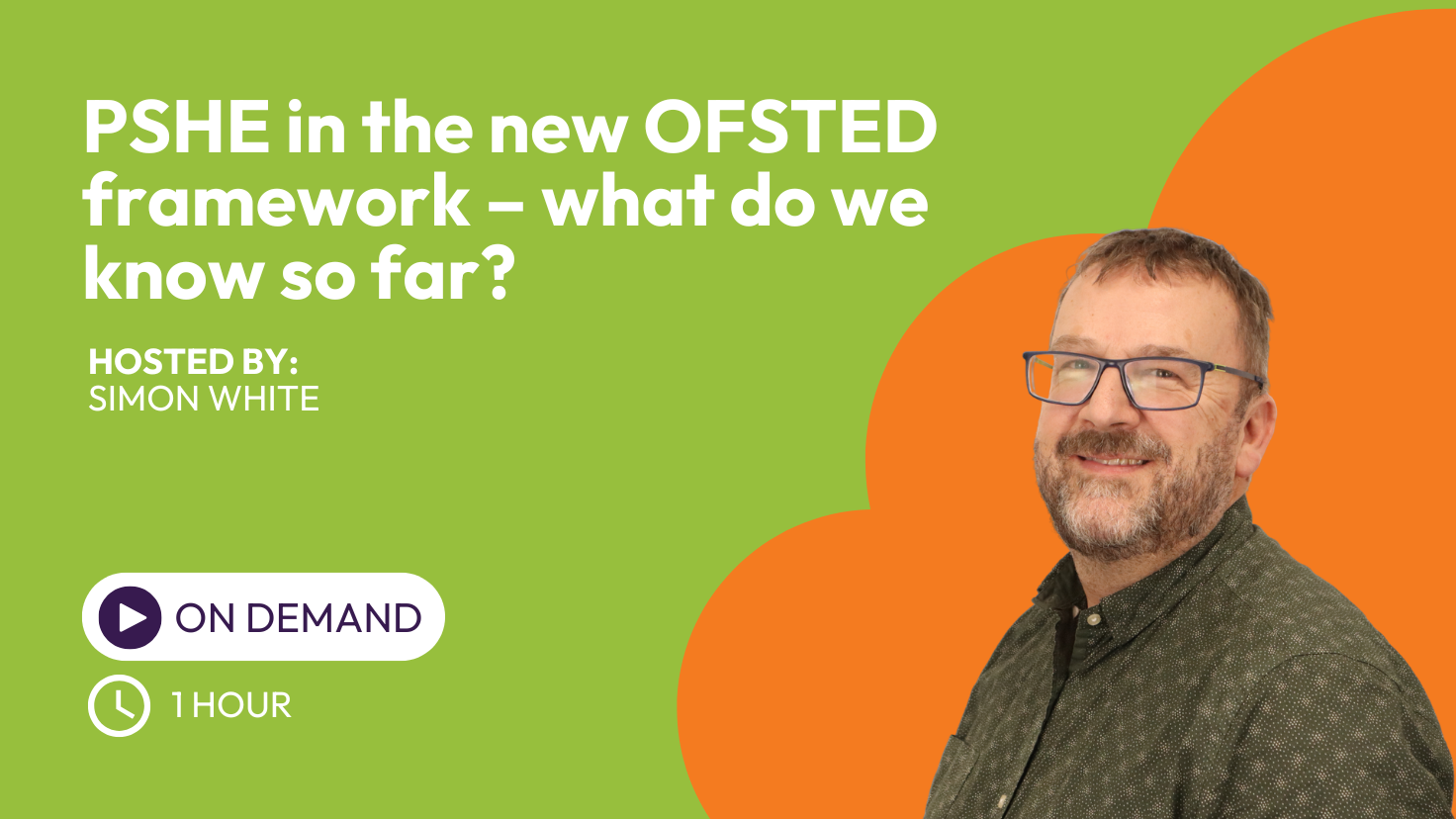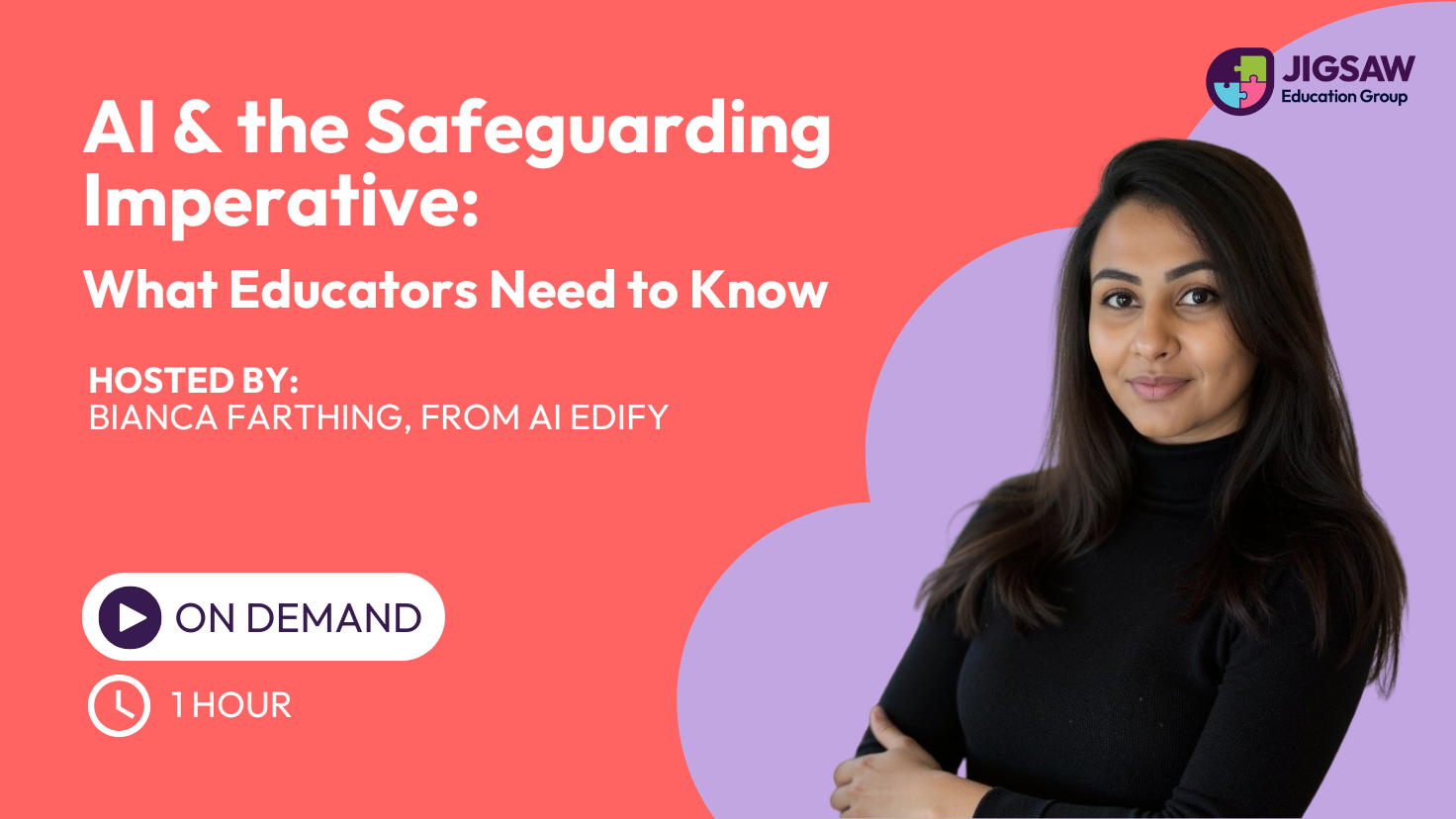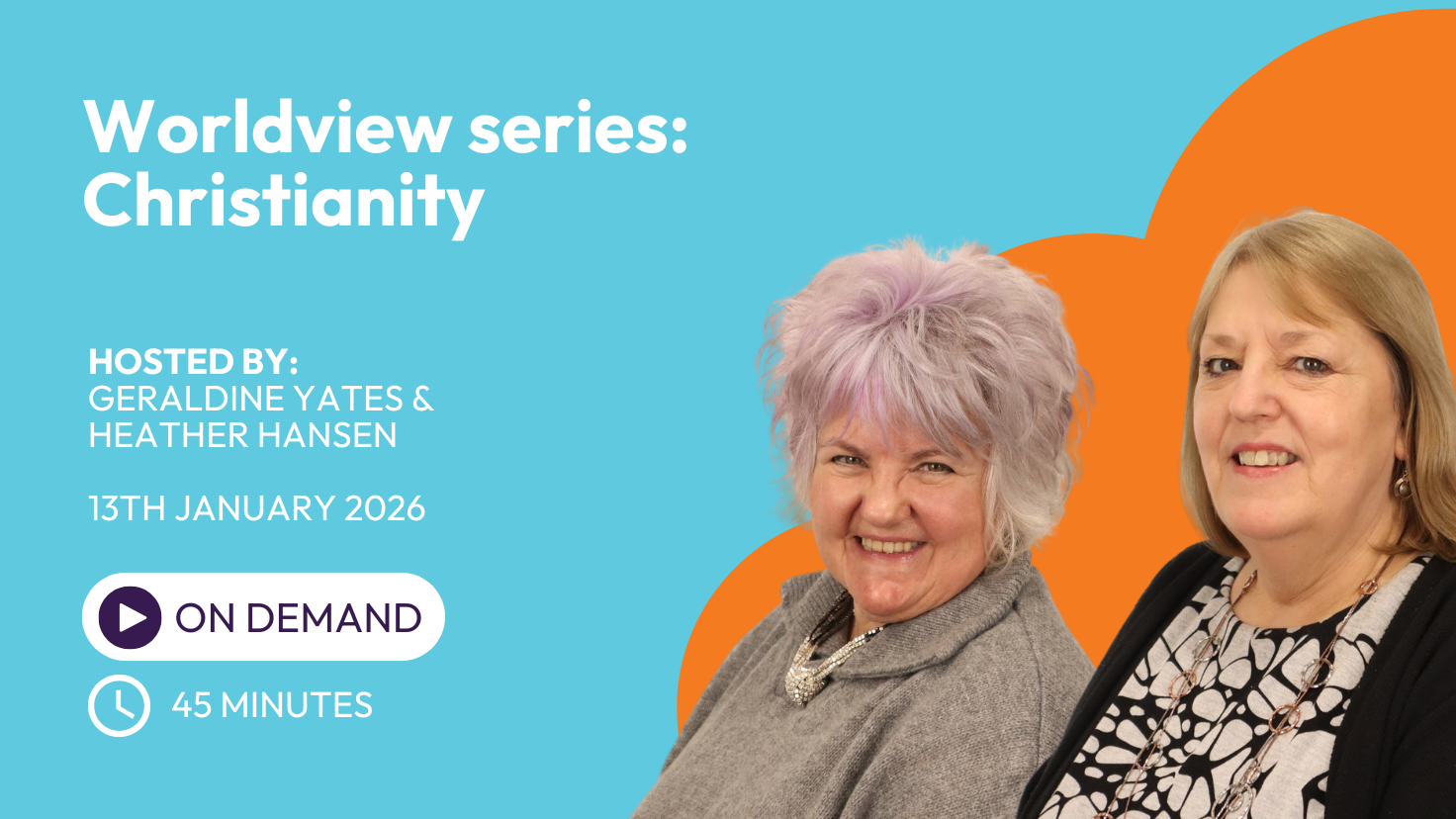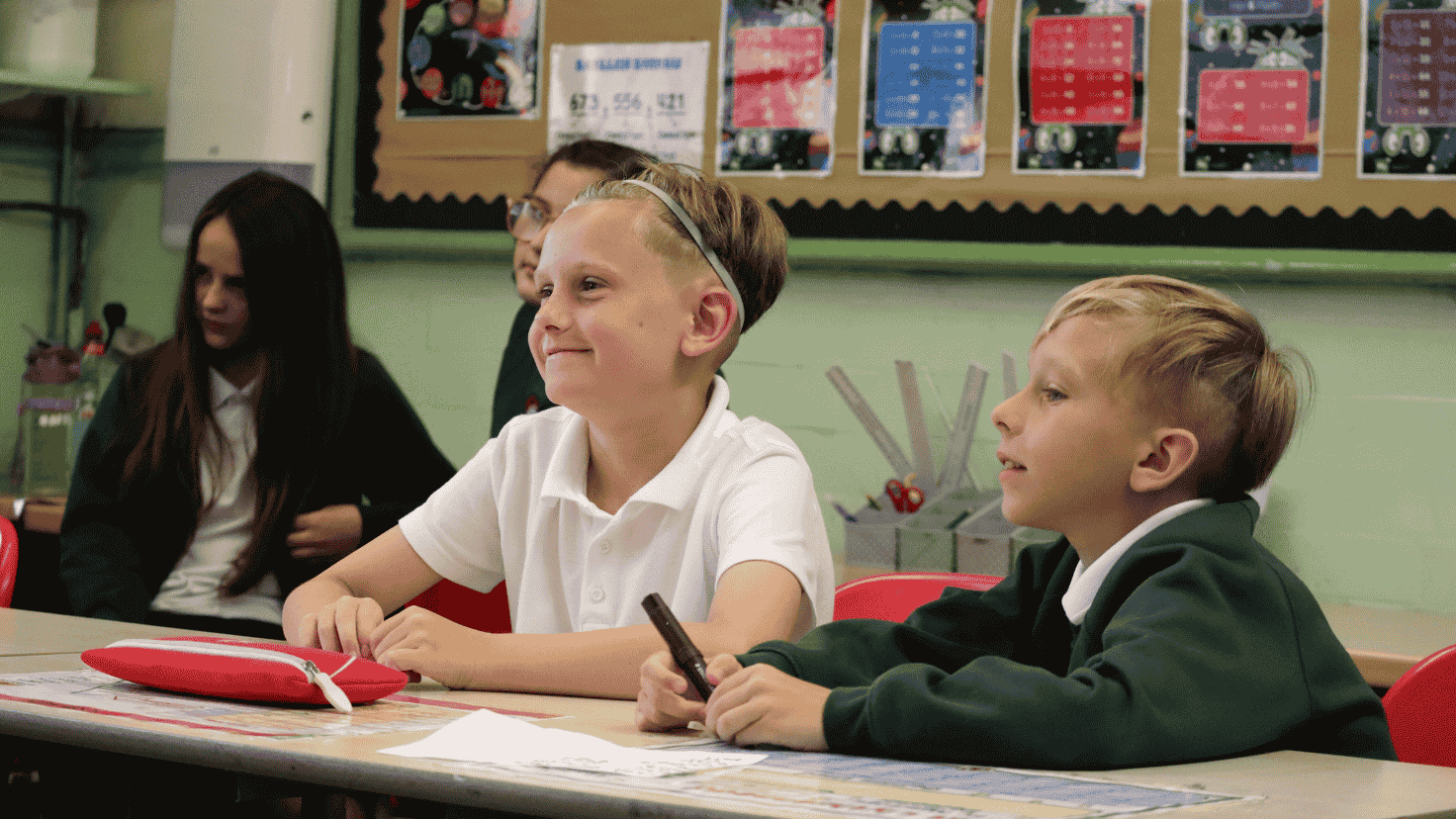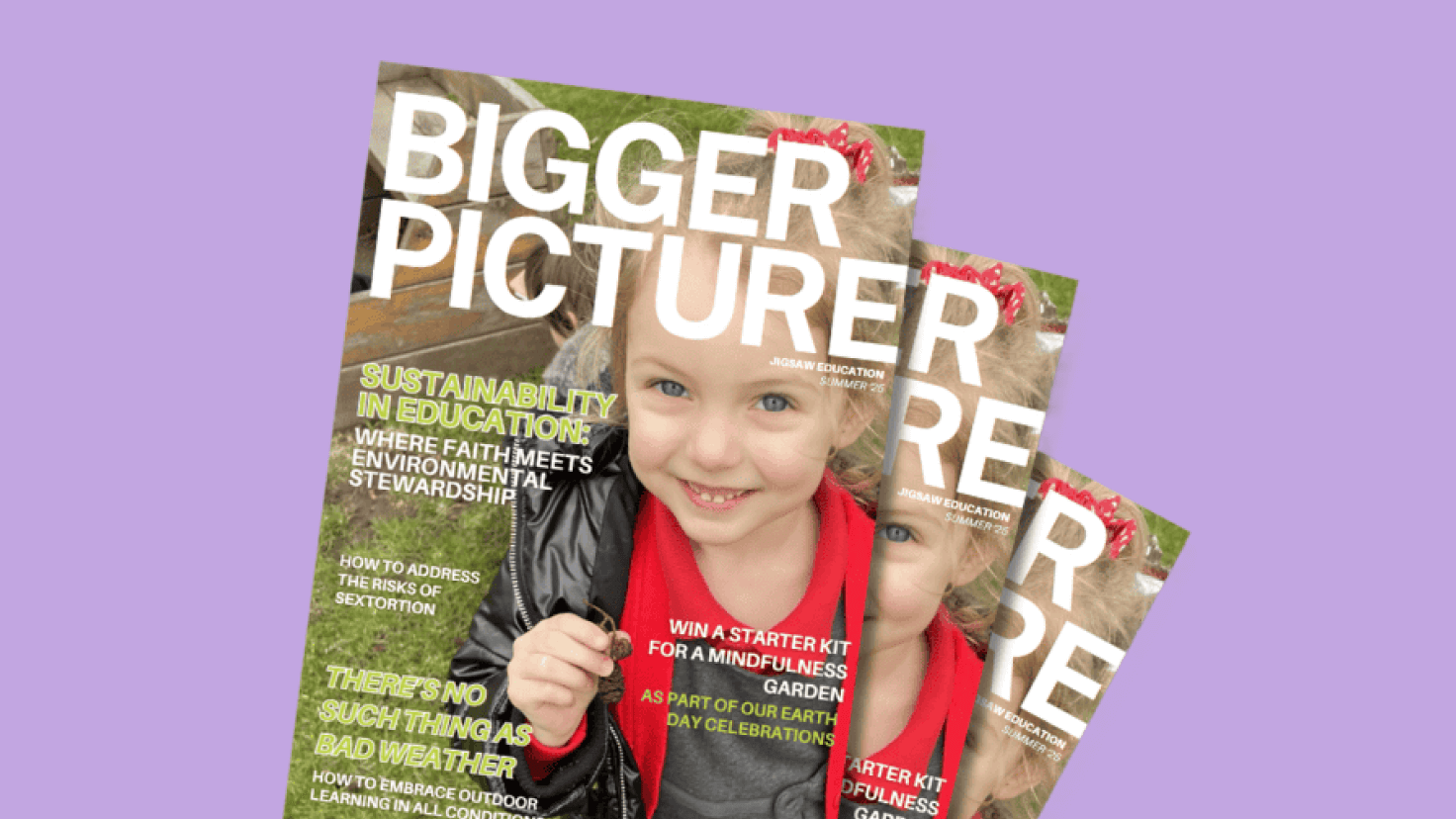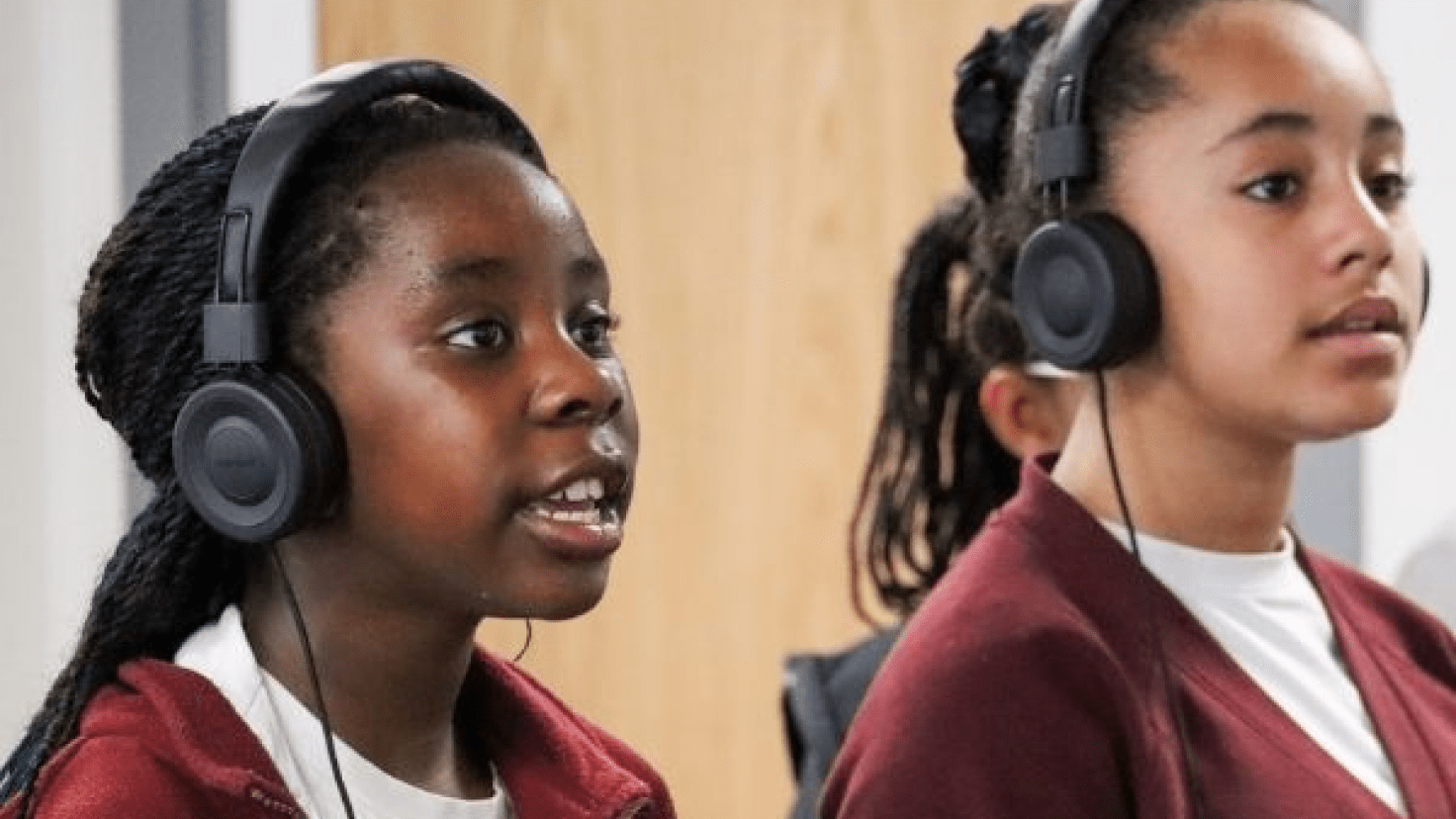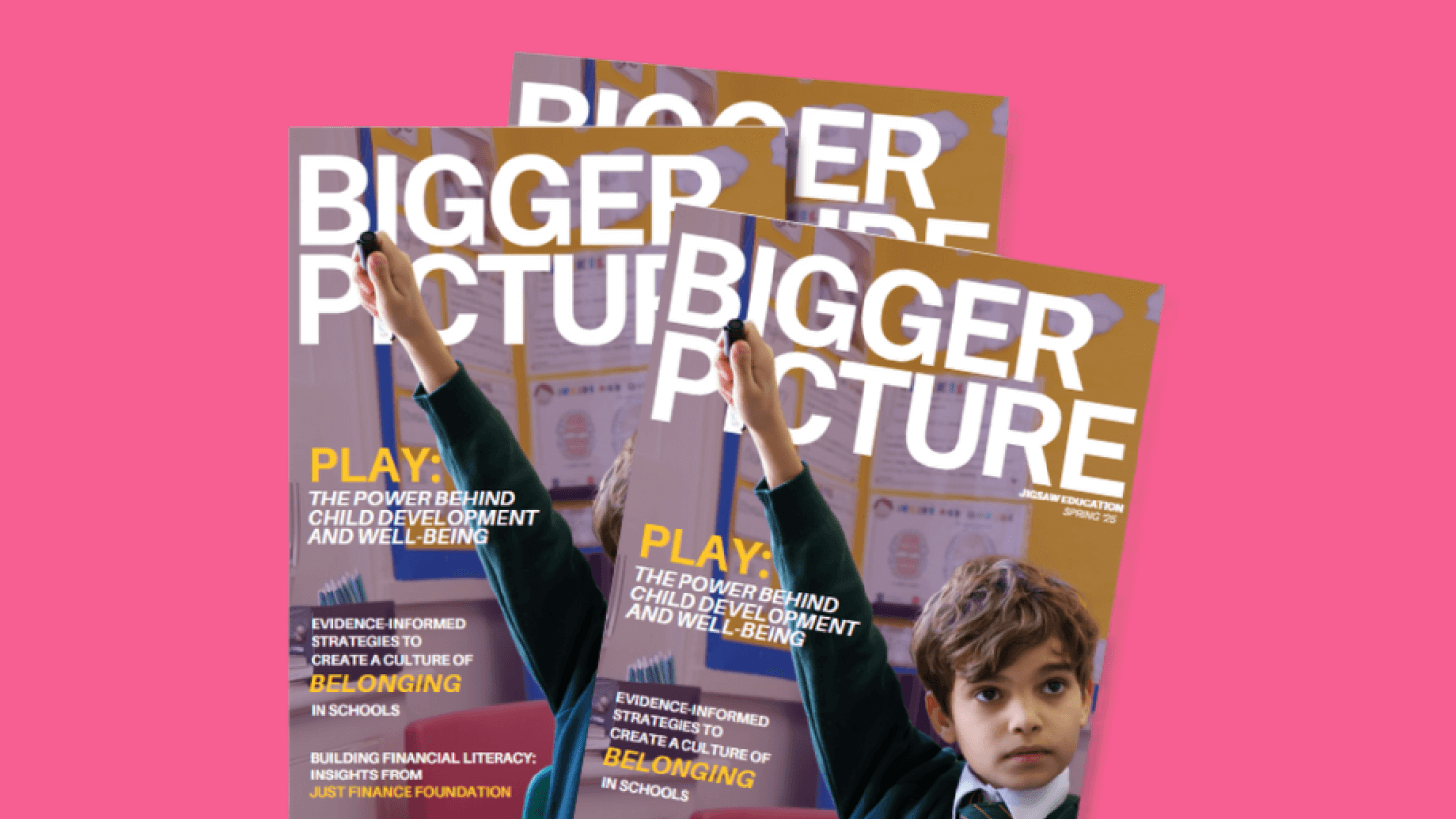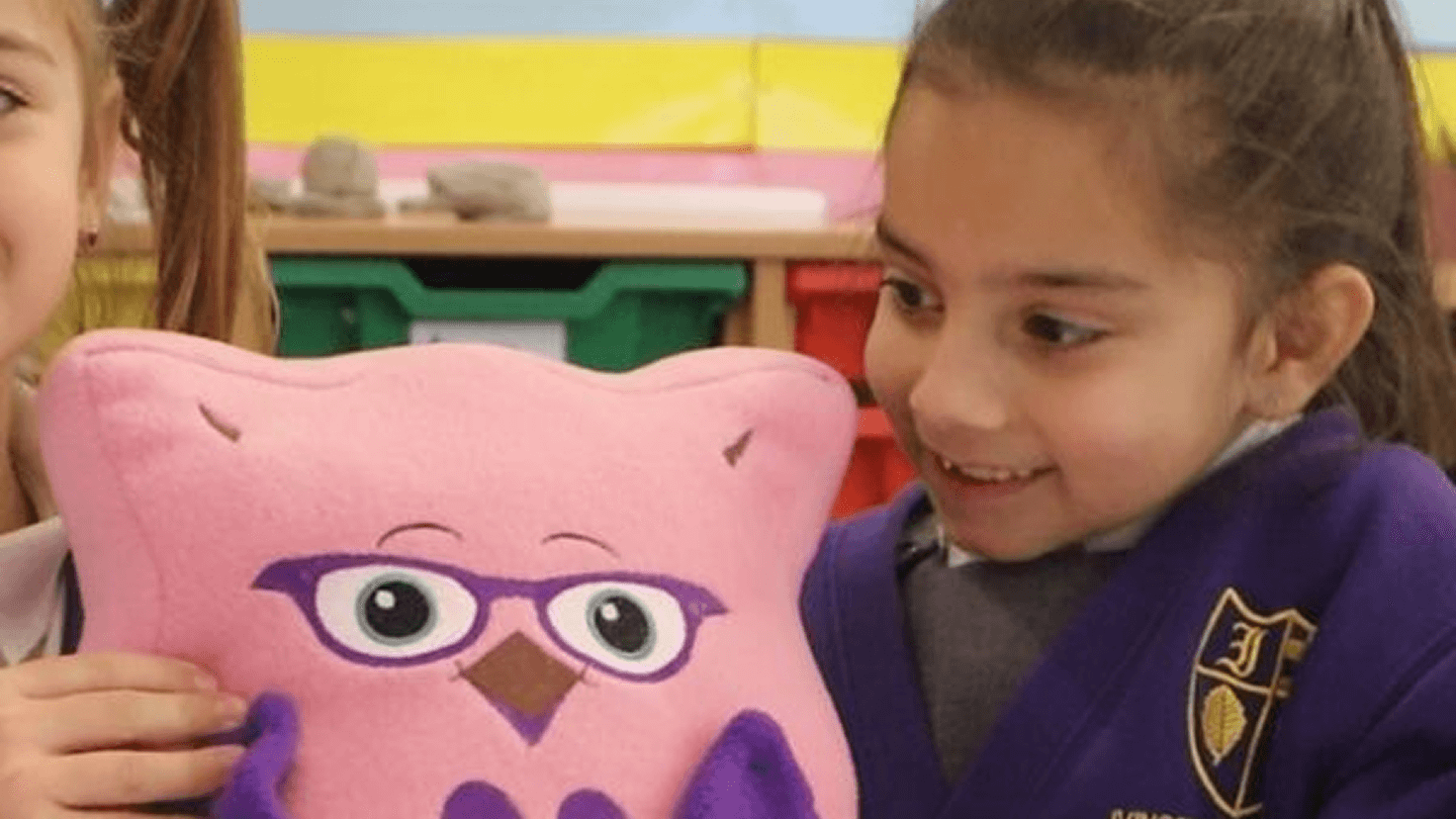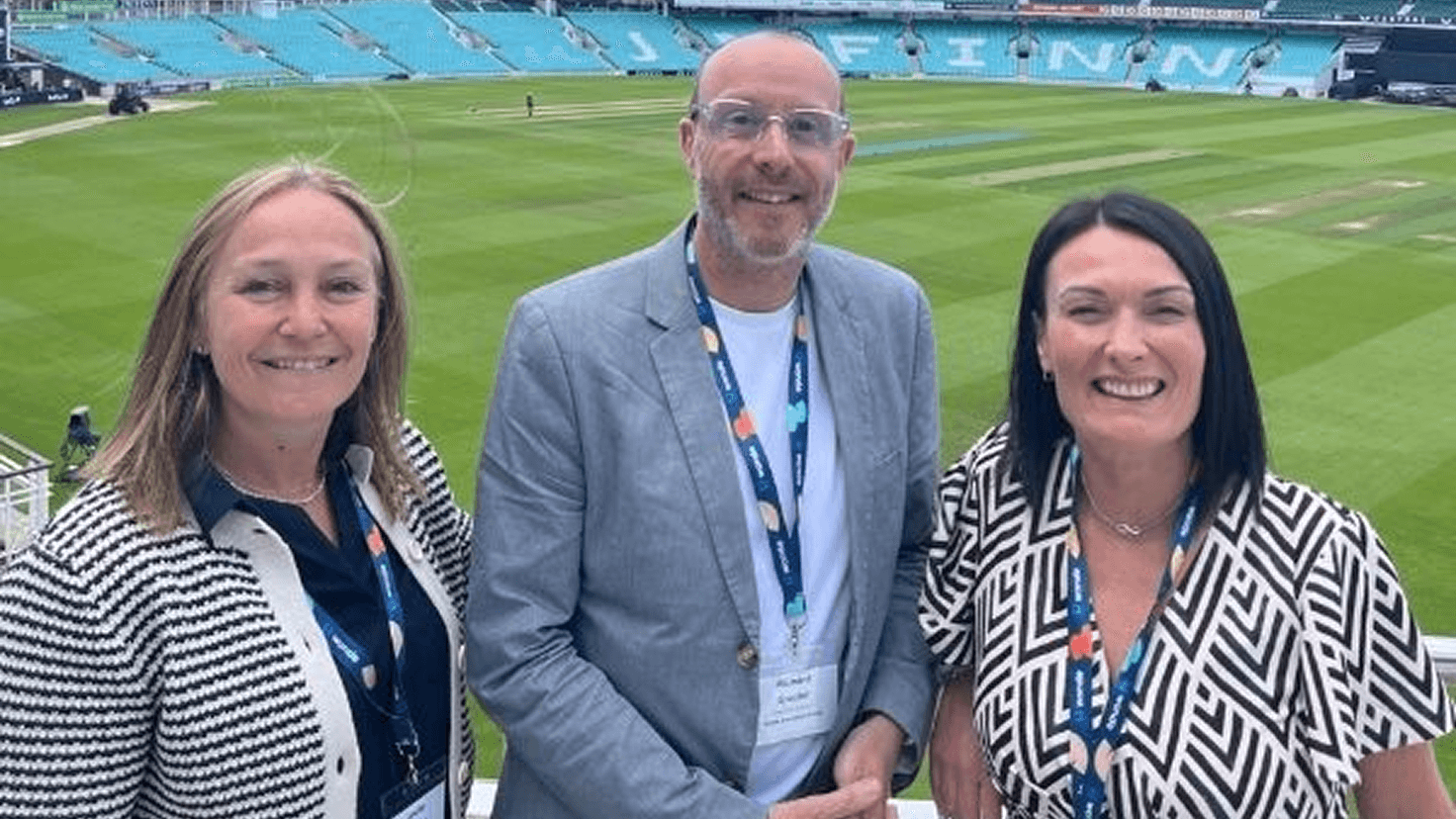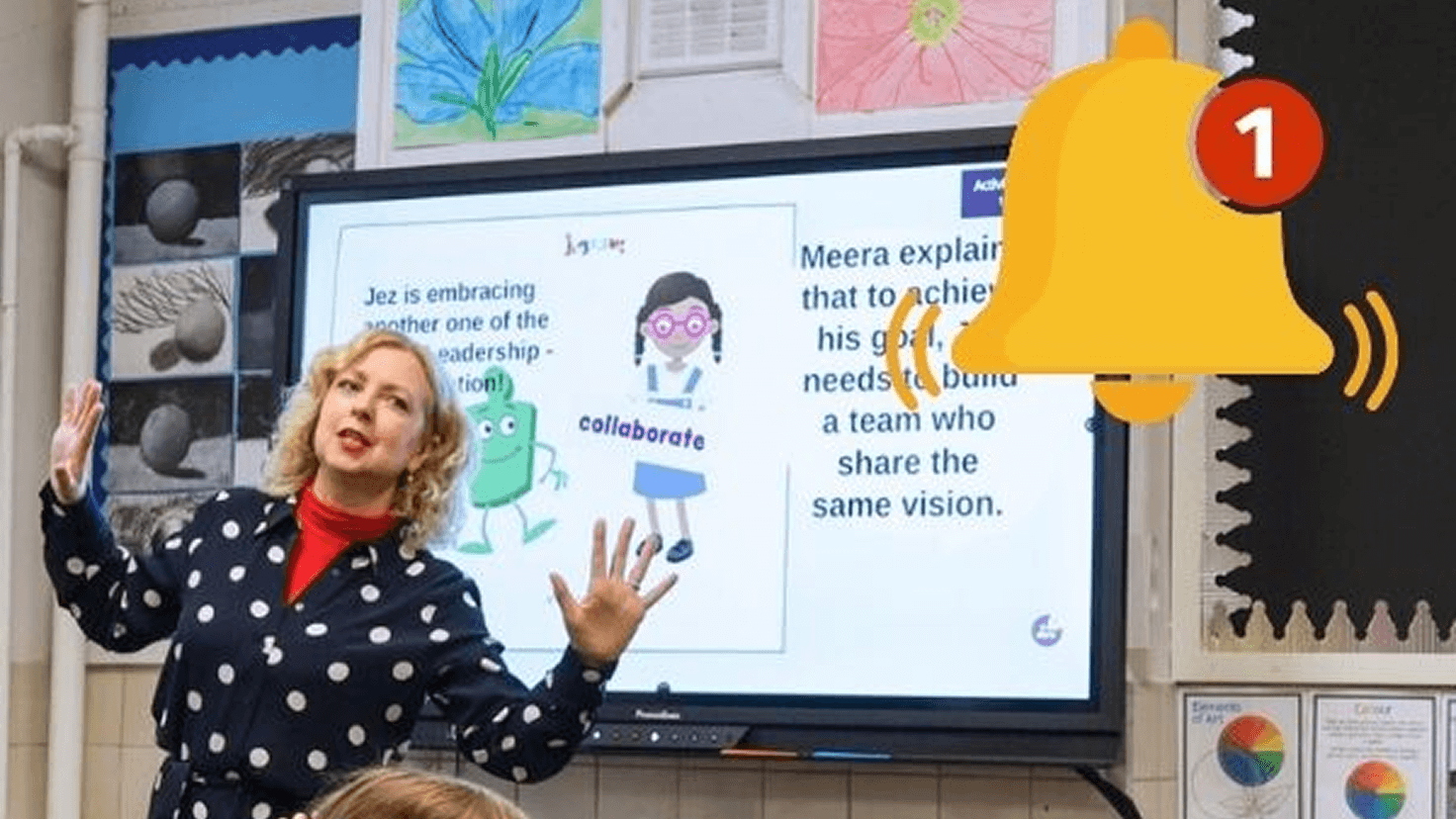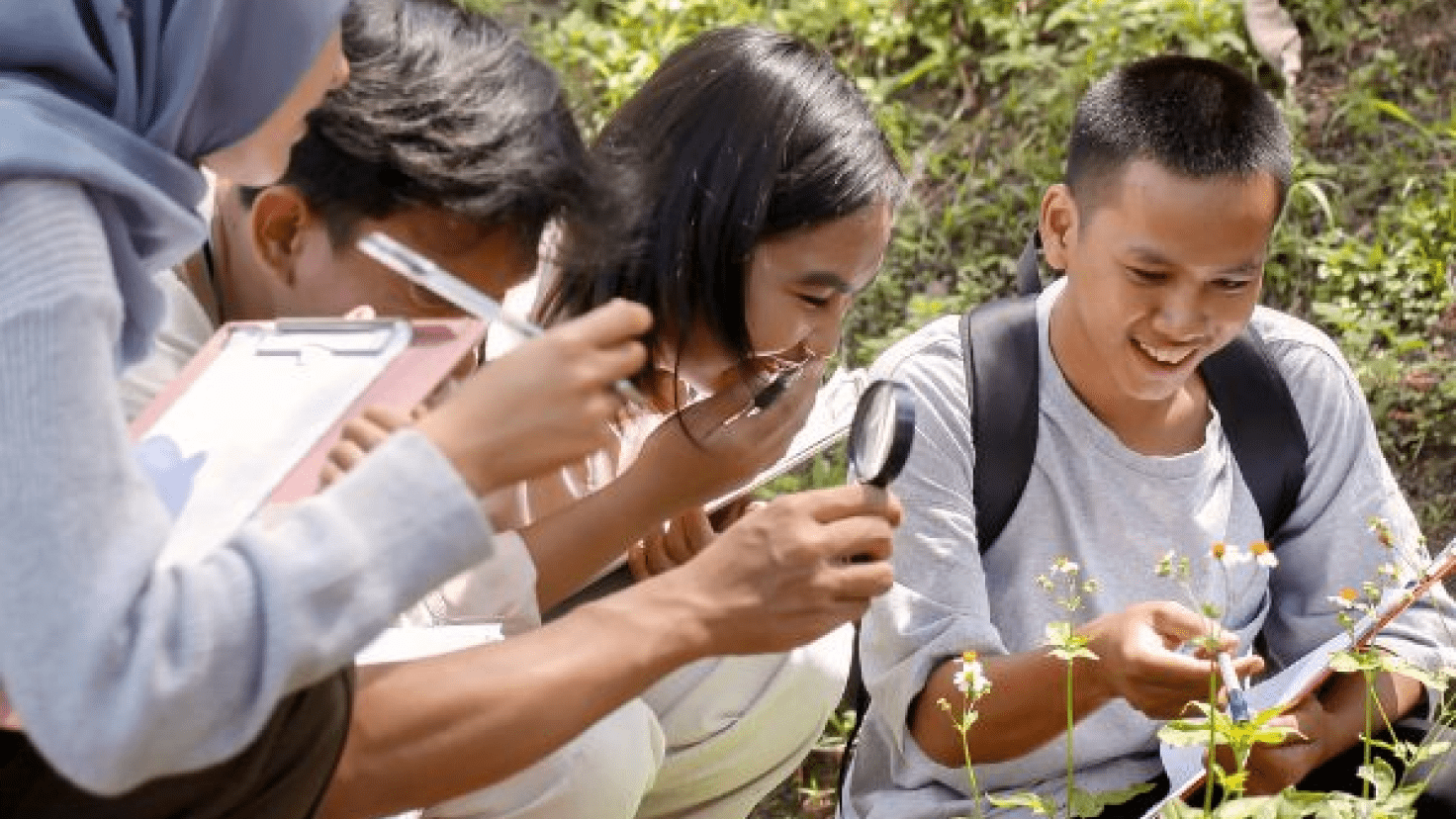Articles & Updates
02 April 2025
How to Support Young People in the Wake of Netflix’s ‘Adolescence’

Adolescence, the recent, popular Netflix series has created a national conversation about a range of challenges facing some of our young people. This week, Keir Starmer even called a round table with the creators, signalling the programme’s growing influence on public discourse, to discuss the influence of toxic material online.
The drama has raised awareness of some of the challenges facing teenagers and has amplified important discussions about what more or different we can do to support and protect them. When doing so, however, we must be careful not to launch into a kneejerk reaction that stereotypes or generalises young people’s experiences which vary significantly from each other.
We must also consider carefully whether encouraging children in schools to watch the show is the best solution. Netflix has announced that it is going to make the show freely available to schools which was welcomed by the Prime Minister. However, the risks of doing so need to be carefully considered. This 15-certificate drama was created for an adult audience, not as an educational tool for teenagers. We don’t always know the experiences of those in a classroom; there may be teenagers who are triggered by the events of the programme, who will not have the option to pause or leave if they feel uncomfortable. In contrast, there might be others who have not had these experiences and could therefore be exposing them to potentially glamorised harmful behaviour.
When discussing this programme, we also need to avoid statements of wrong and right and avoid inadvertently alienating boys by framing them as ‘the problem’ or demonising them as a gender to be feared. Instead, we need to facilitate open, reflective conversations in safe, non-judgemental spaces but this puts a lot of pressure on staff to lead discussions in areas that they may not feel confident.
Instead of jumping into showing ‘Adolescence’ in schools, we need to invest in evidence-informed best practice when teaching and supporting young people with developing the knowledge and skills that they need to keep themselves safe. This includes ensuring that they have access to a high-quality PSHE curriculum that:
- takes a whole school, spiralised approach to learning with regular protected time to explore topics fully.
- aims to be preventative by learning ‘around’ the subject, focusing learning on the knowledge, skills, attitudes and values needed to protect themselves from harm.
- is based on positive psychology and uses solution-focused thinking and language.
- embeds normative language to avoid causing shock, guilt or fear.
- is inclusive and trauma-informed to ensure that lessons are both factually correct but also suitable for all learners no matter what their experiences might be.
- provides distancing strategies to ensure that any scenarios cannot be perceived as personal, and students can ask questions anonymously.
- embeds respect for self and others including the right to difference of opinion.
- gives teachers the opportunity to check-in with students as often, and as genuinely, as possible so the lesson can be differentiated to meet student needs.
- signposts students to what support is available in school, outside of school, locally, nationally, and explain how to access this information/support.
Although there may be value in targeted lessons on masculinity or incel culture, its crucial to understand that one off interventions aren’t enough. The knowledge and skills needed must be taught and embedded over time through a range of content. For example, within Jigsaw PSHE, we teach the following content in an age-appropriate way:
- Healthy relationships – both online and offline
- Gender and stereotyping
- Self-worth and self-identity
- Digital literacy and discernment
- Social media and cyber bullying
- Knife crime and safeguarding
Beyond this, as adults caring for young people (whether in personal or professional roles), we need to create safe spaces for open conversations with them. We need to listen carefully to the views of young people – not assuming that we know what they need or what is best without taking their wide-ranging experiences into account.
In addition to this, we need to take the time for our own learning and development; to support with this, Jigsaw are running a webinar with Mike Nicholson titled ‘Exploring Masculinities in a digital world’ on 15 May at 4pm.
Mike has had a career in education spanning 18 years as a Secondary English Teacher and middle leader. Mike founded Progressive Masculinity, providing safe, non-judgemental spaces to explore with boys and young men what it can mean to be a man in today’s world and the incredible potential of their gender.
The Progressive Masculinity team delivers its programmes throughout Great Britain and is regularly featured in the national news, including BBC, ITV and Channel 4.
This session will explore the prevalent views of masculinity amongst many boys and young men, the socio-cultural factors shaping these views and evidence-based approaches on how to engage young men on healthy discussions around masculinity and masculine identity.
‘Adolescence’ raises vital questions about how society engages with young people, in particular young boys and men, and the influences shaping their behaviour. But meaningful change doesn’t have to come from reaction or blame. It comes from listening, learning and investing in education that supports all young people to build the skills they need to navigate life with confidence. That is where high quality PSHE programmes, like Jigsaw, play a central role, proactively developing empathy, resilience and confidence.

